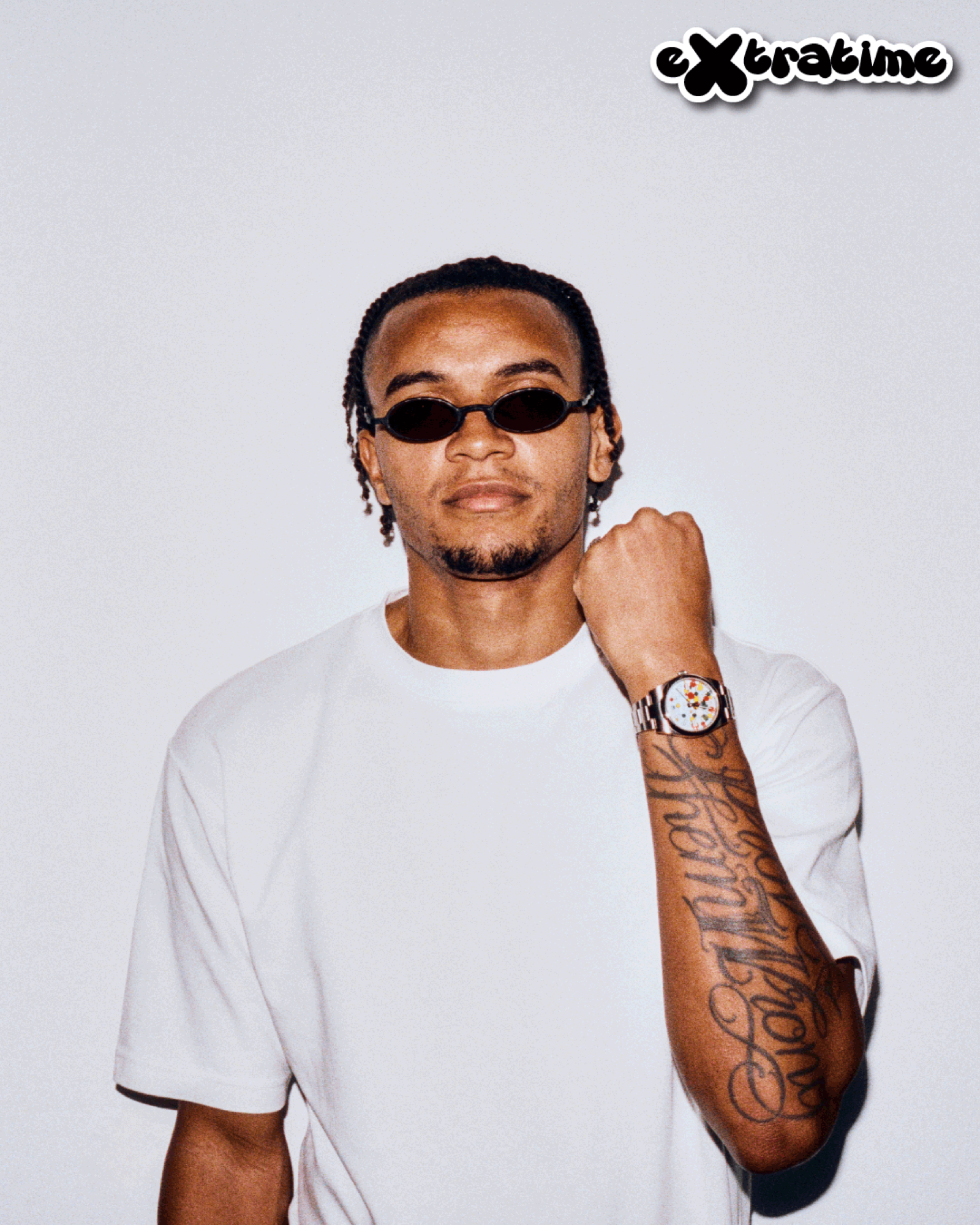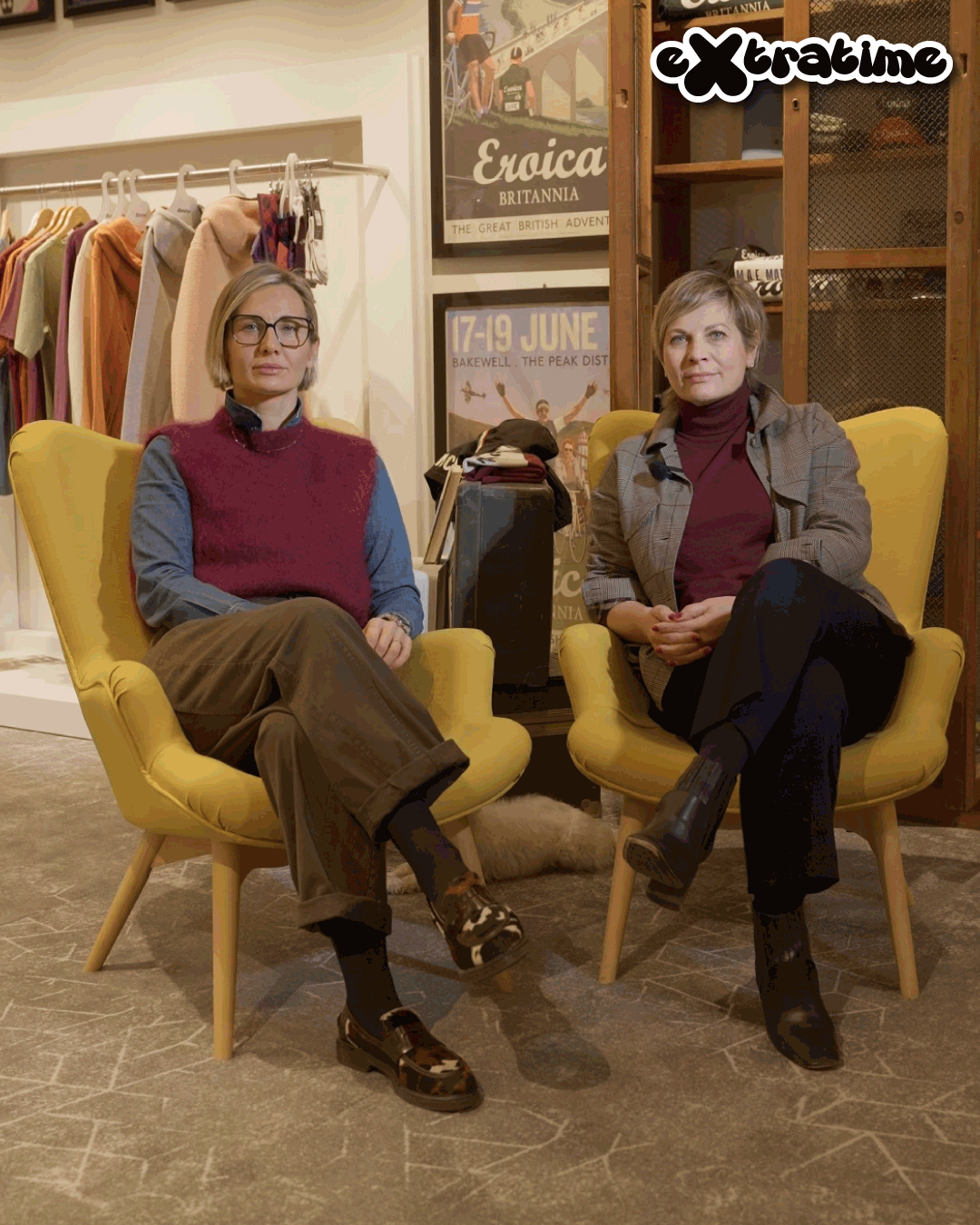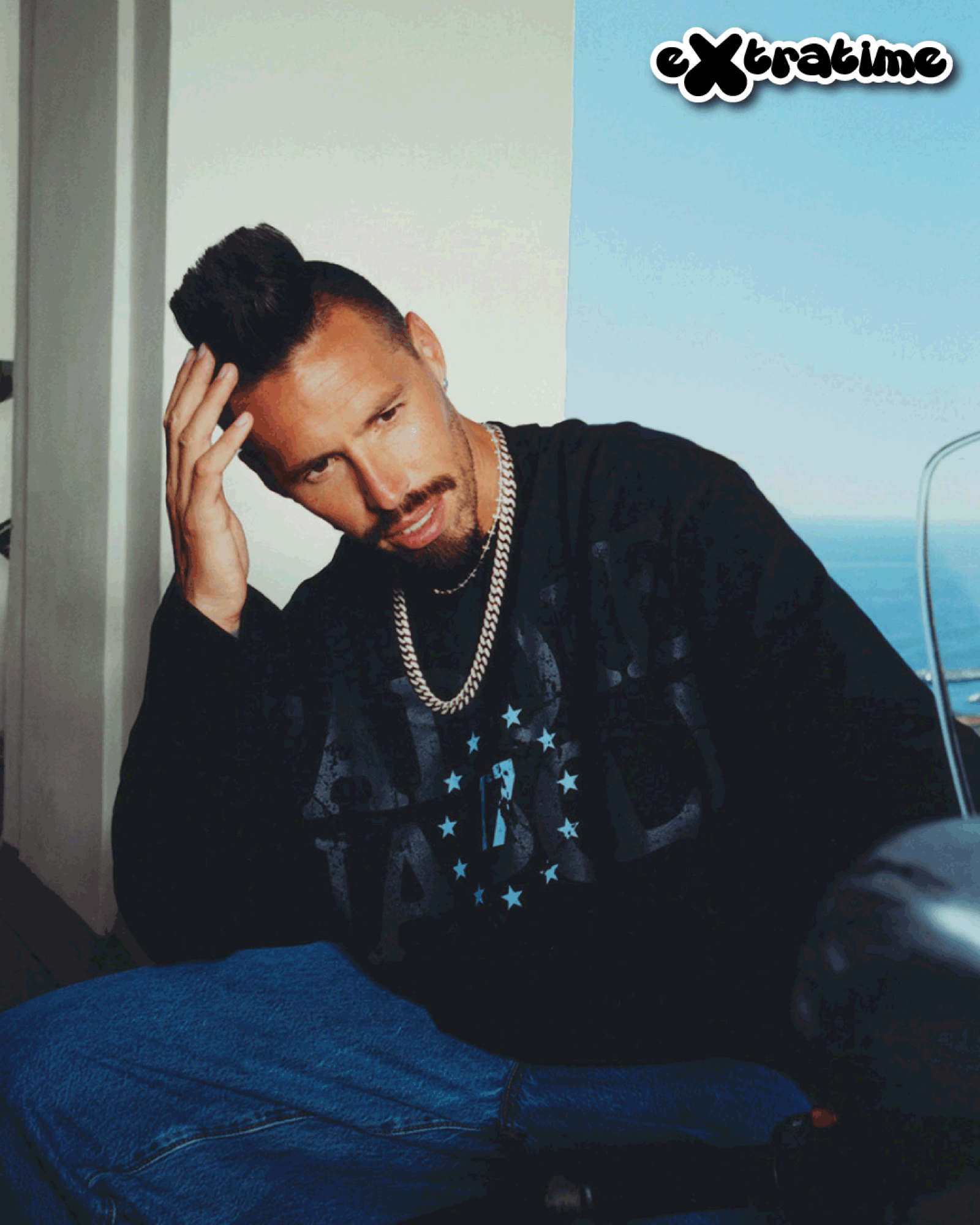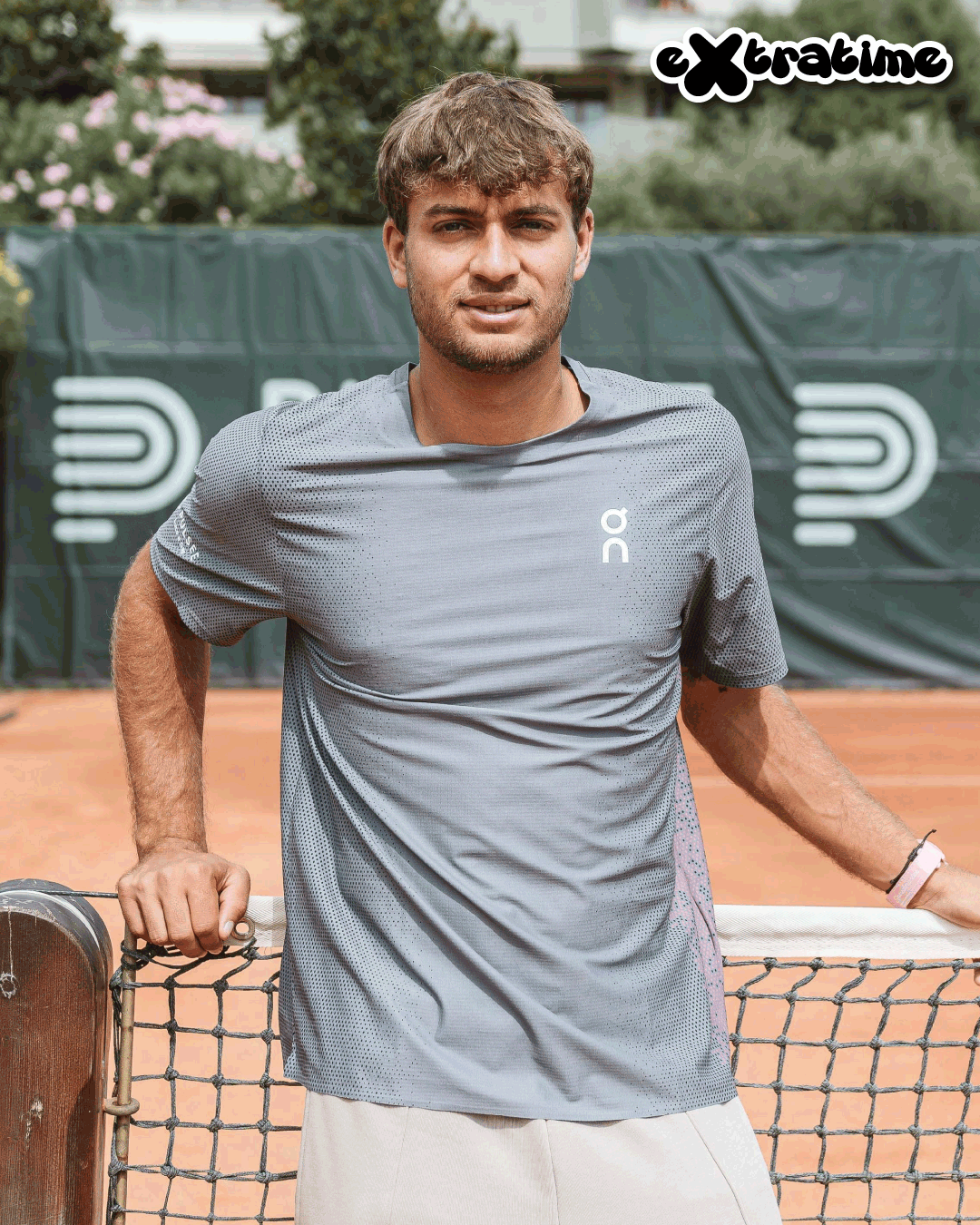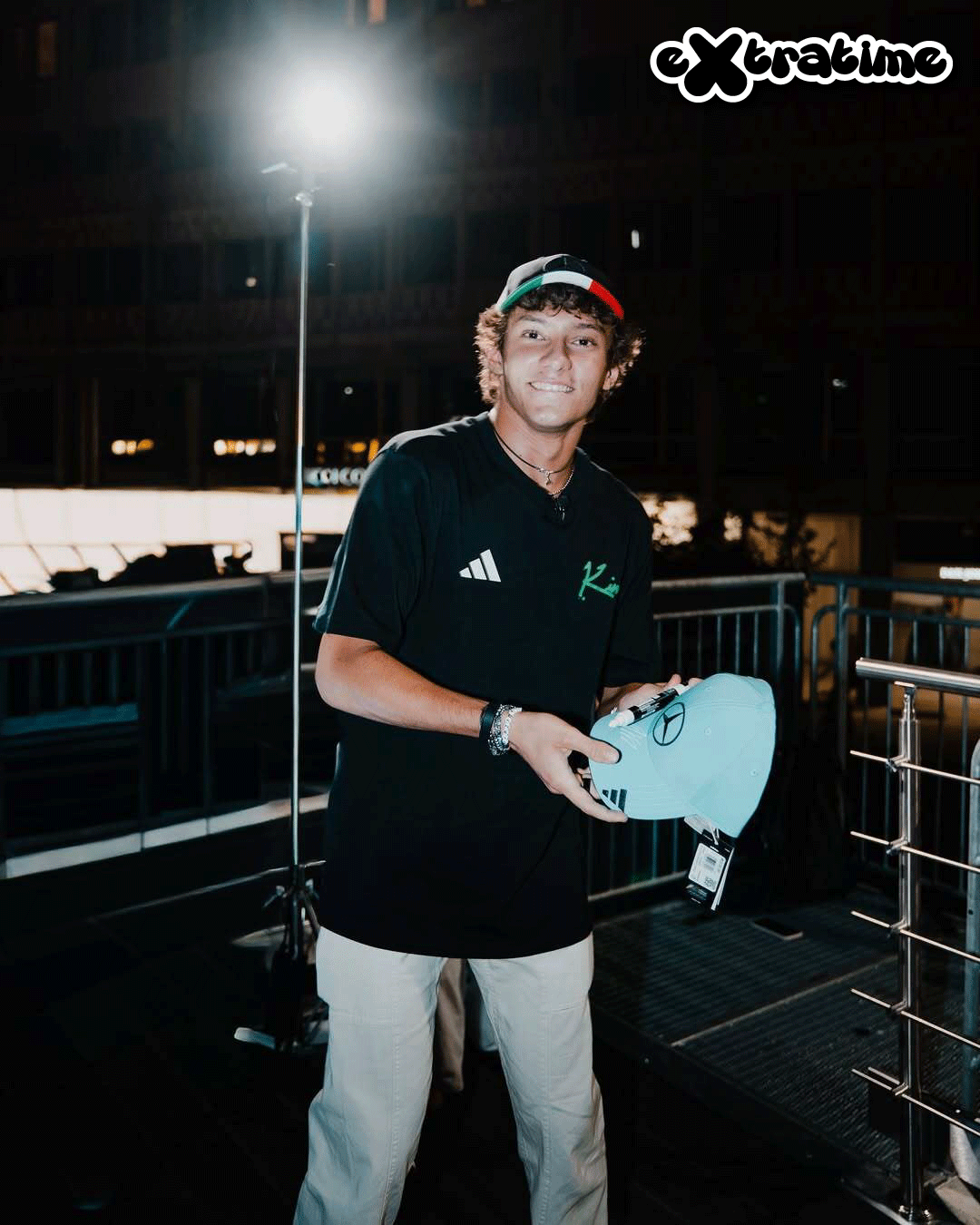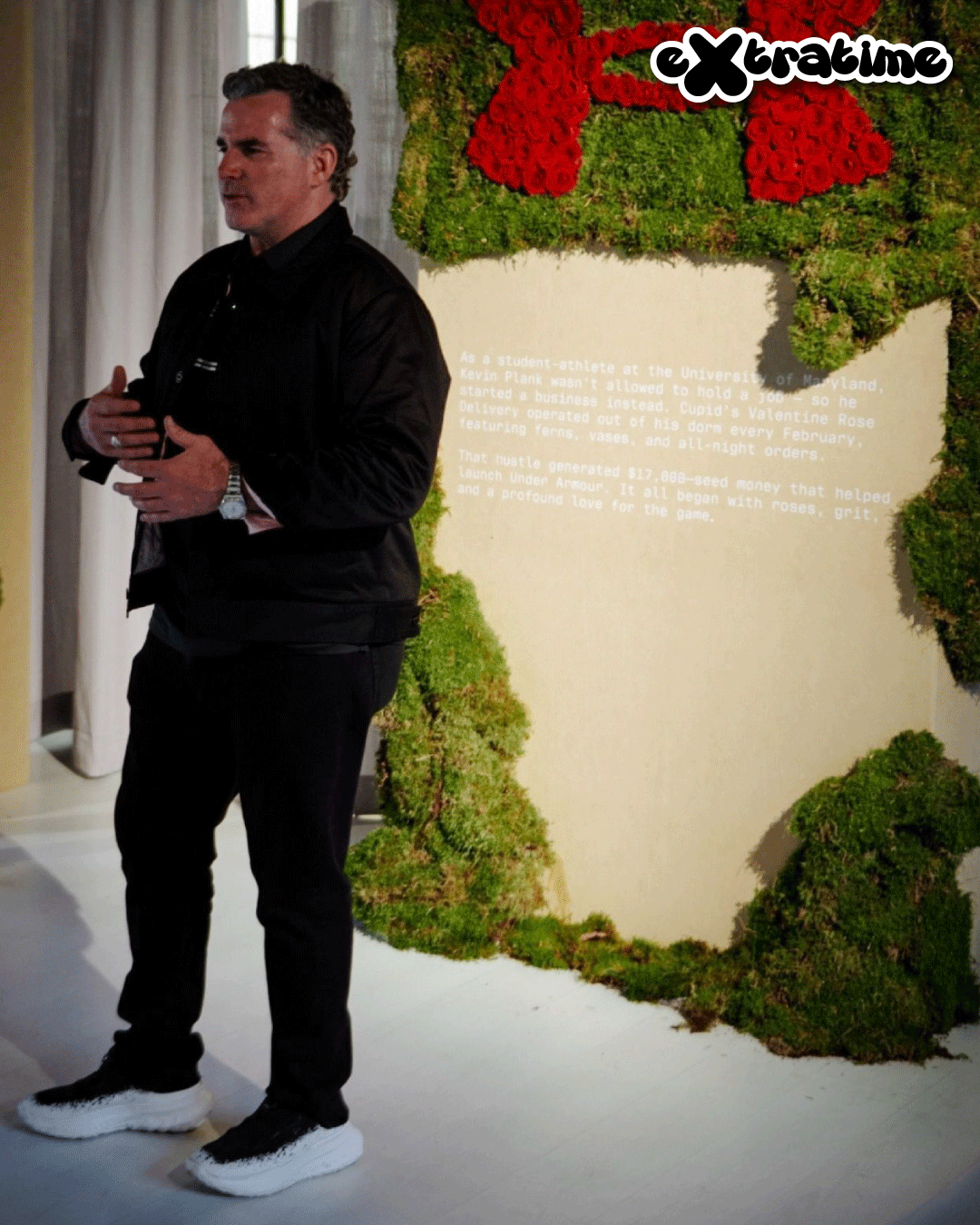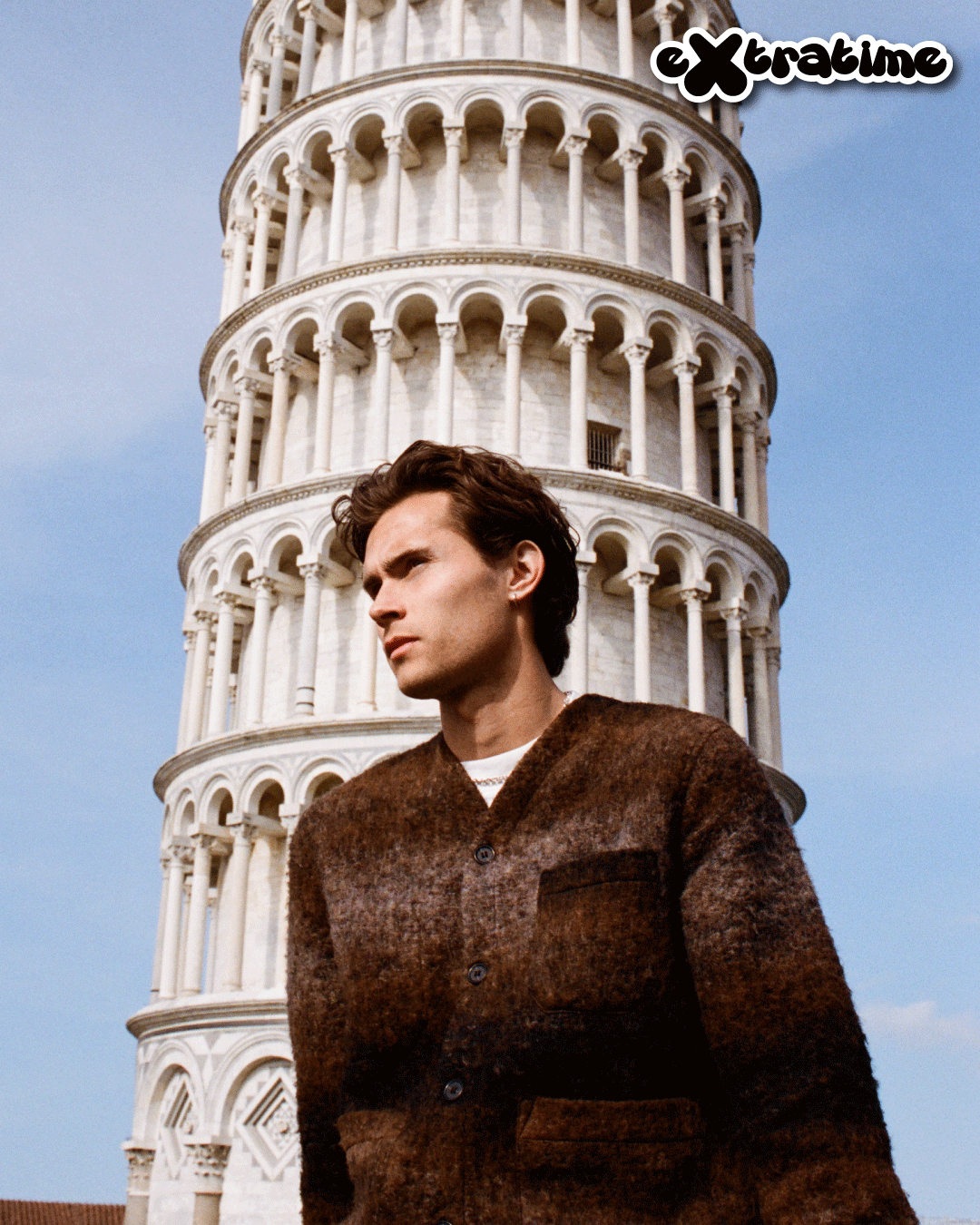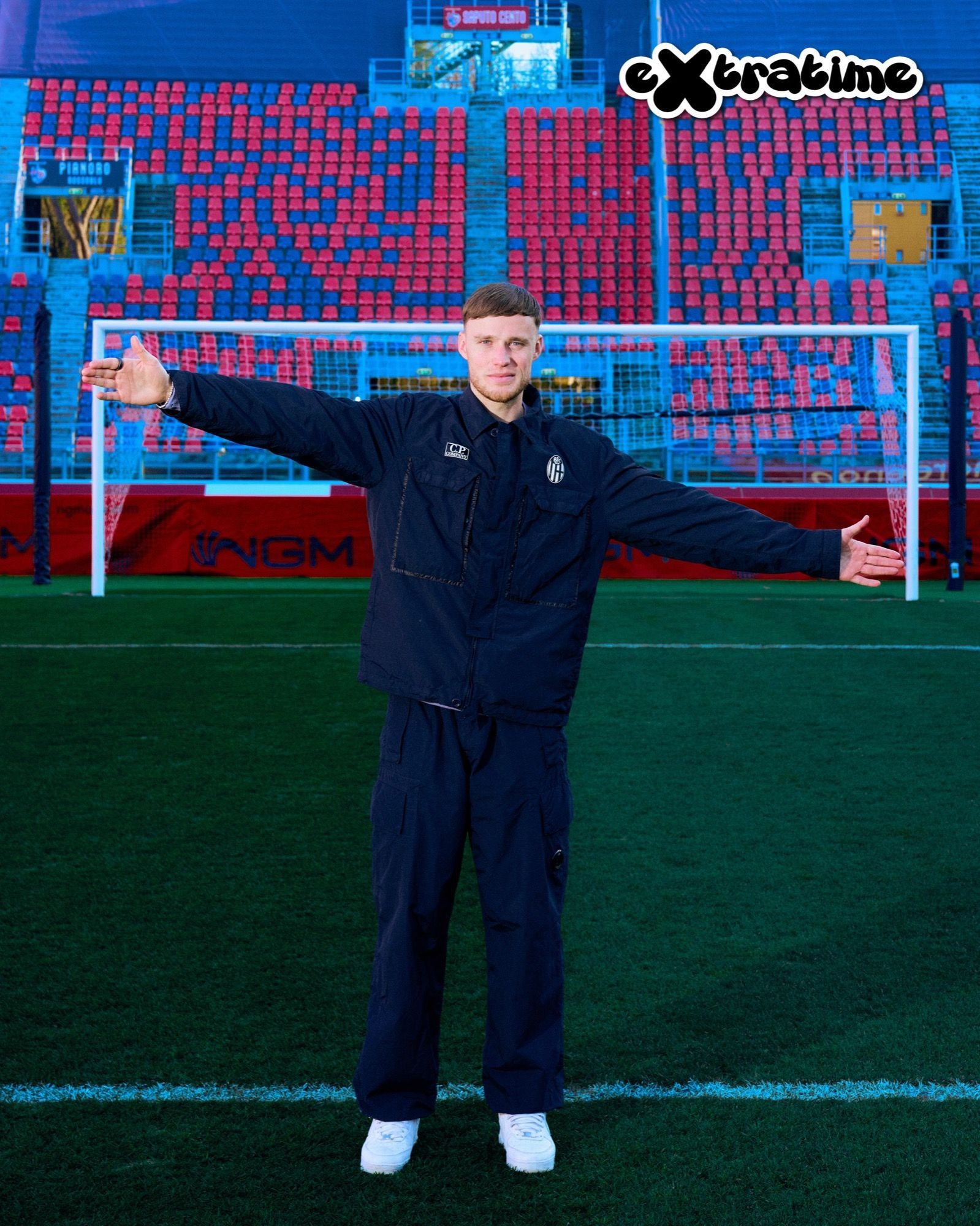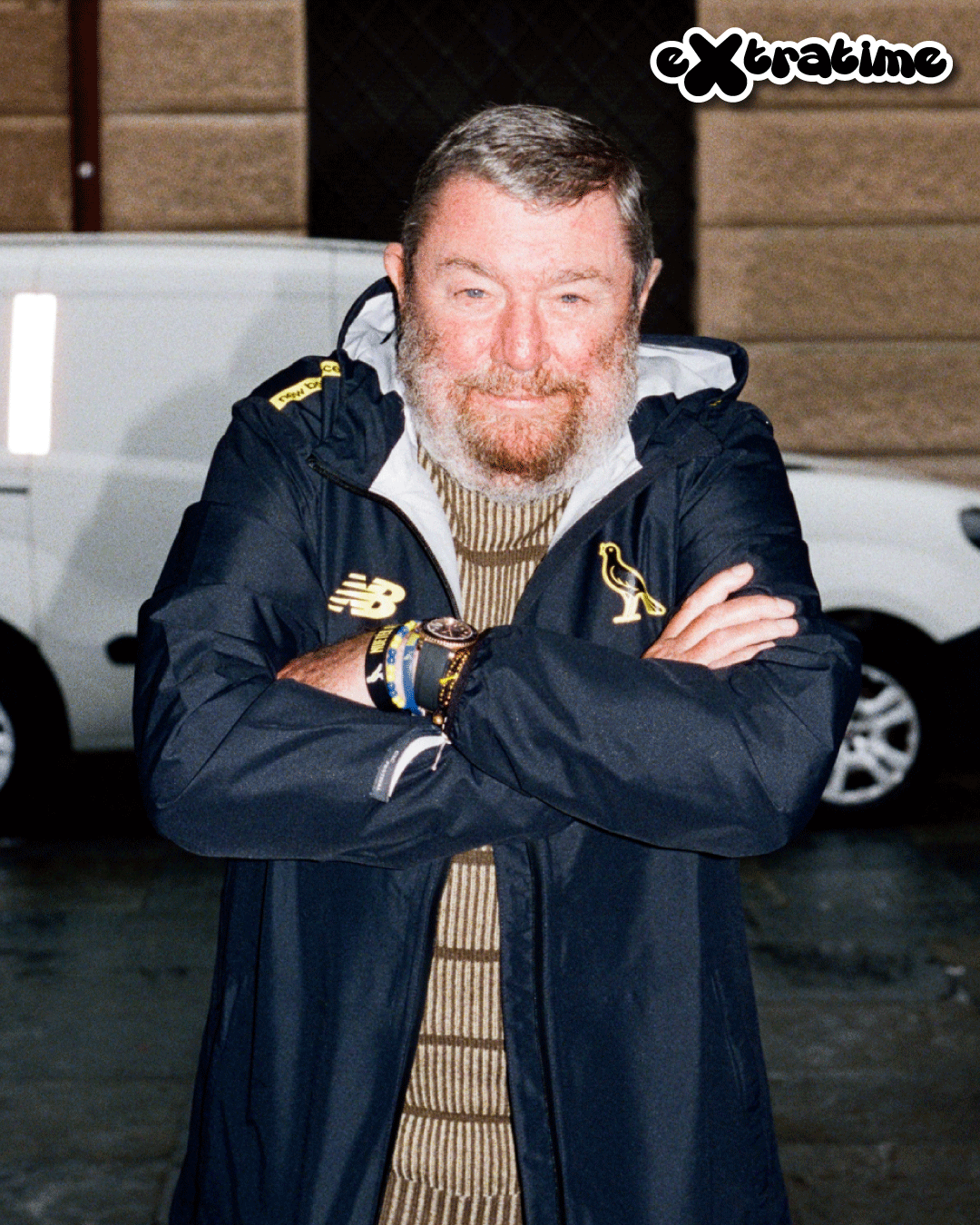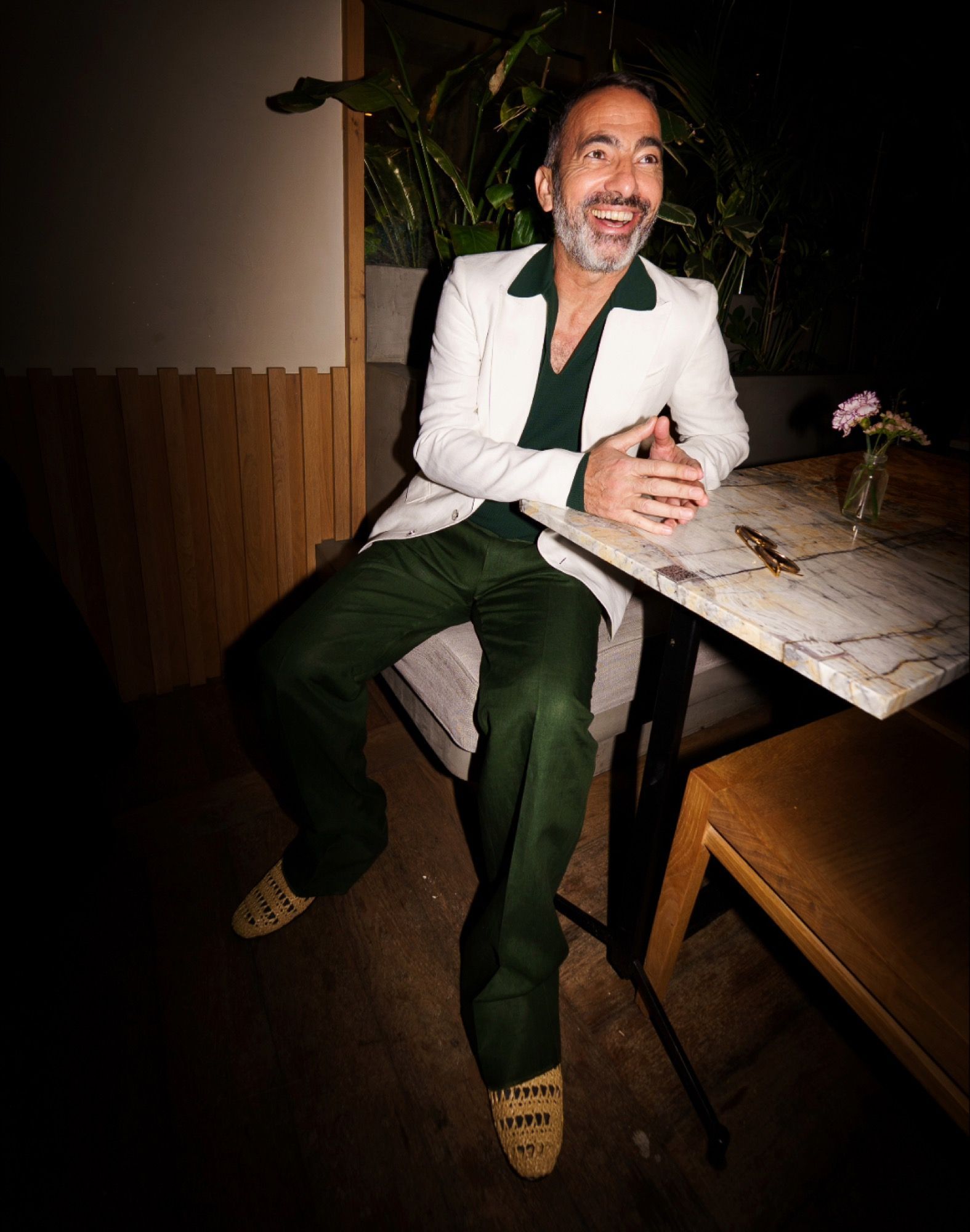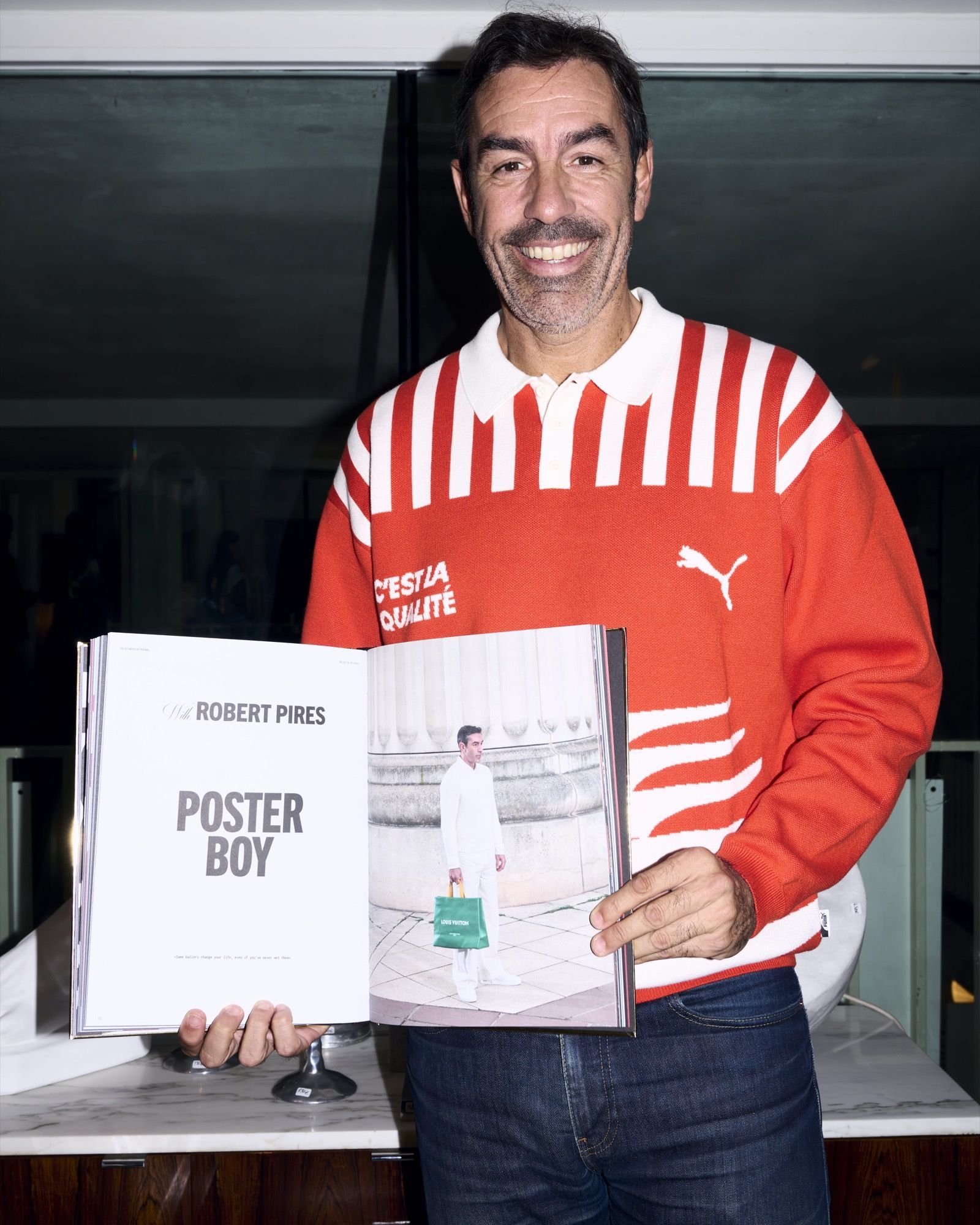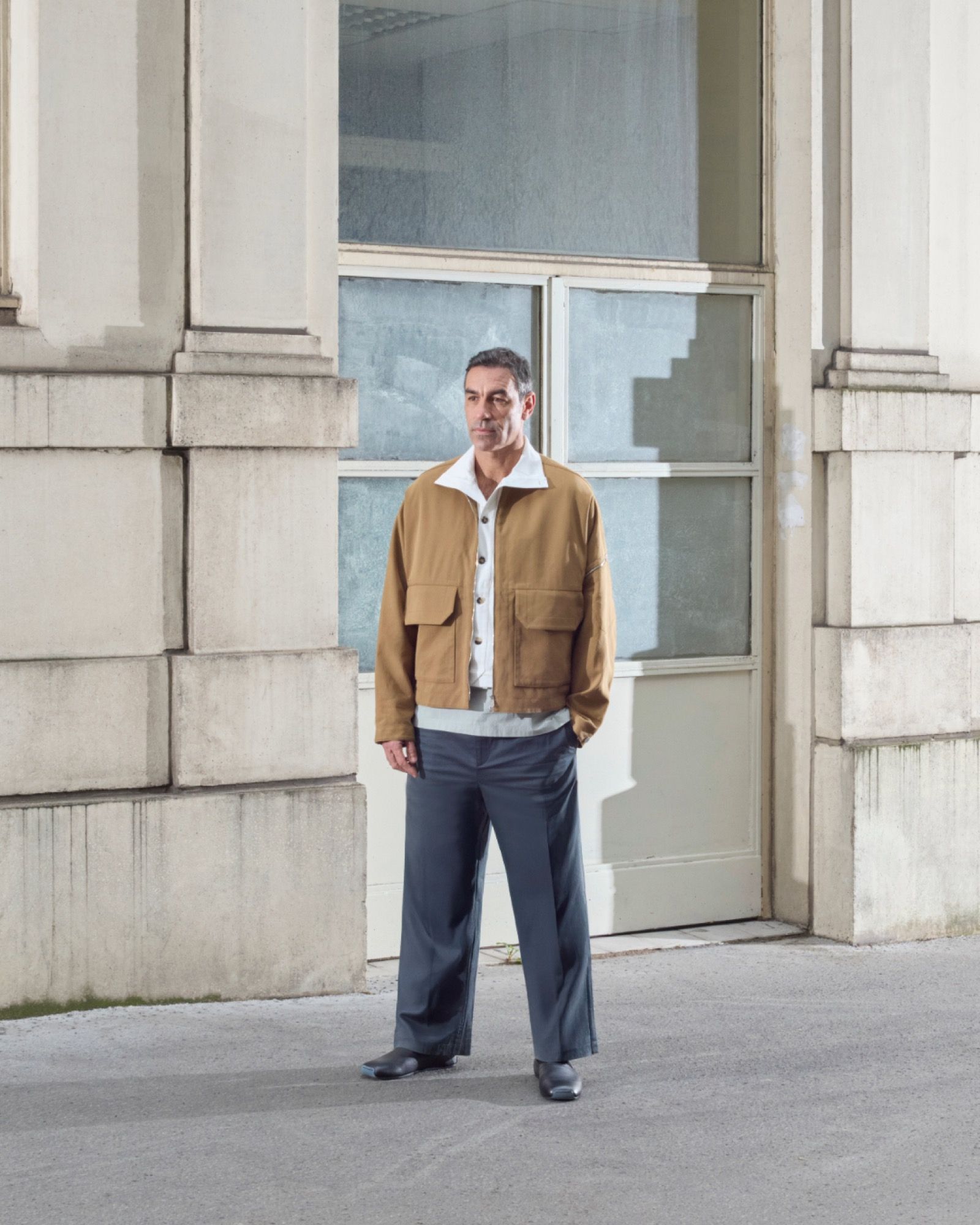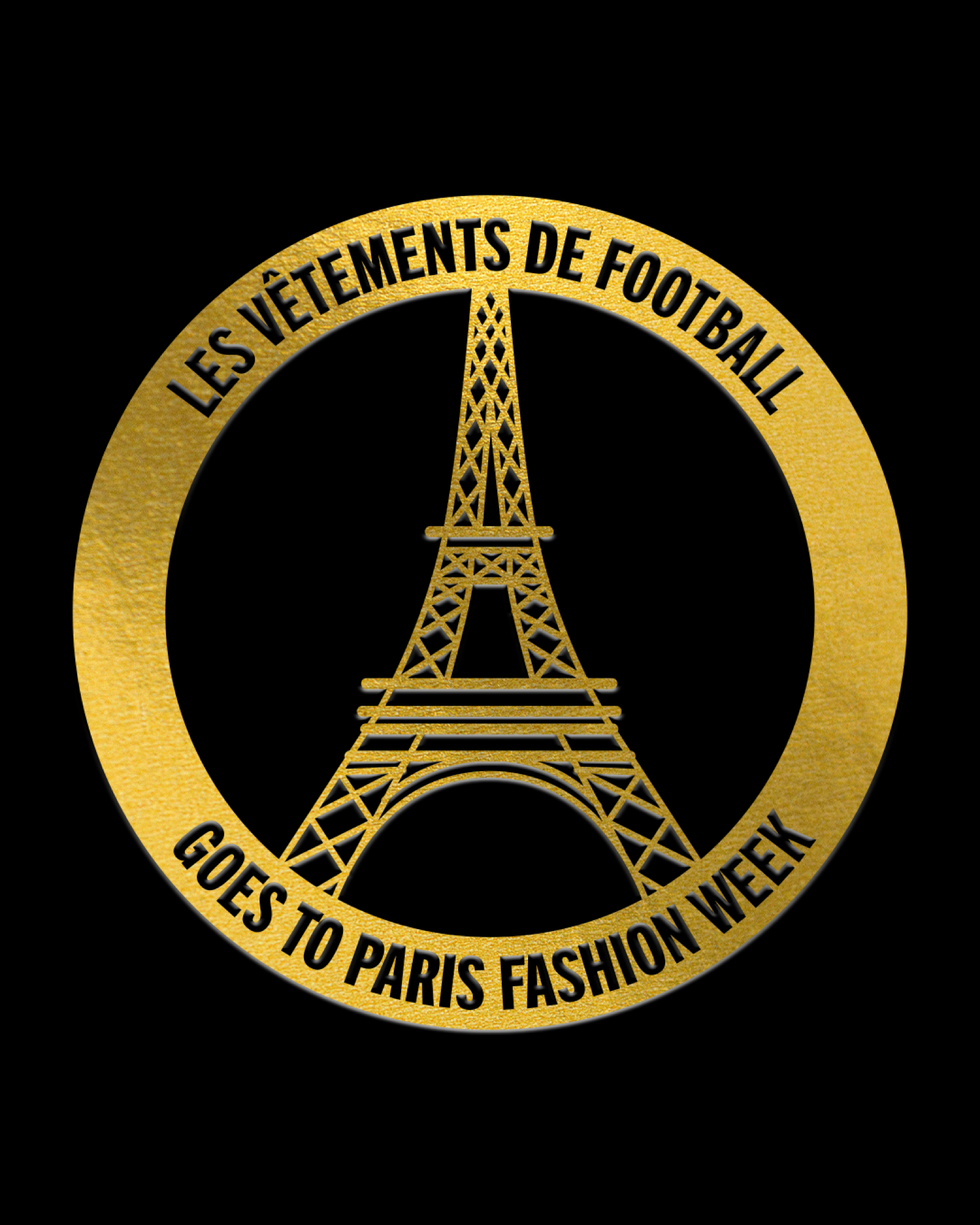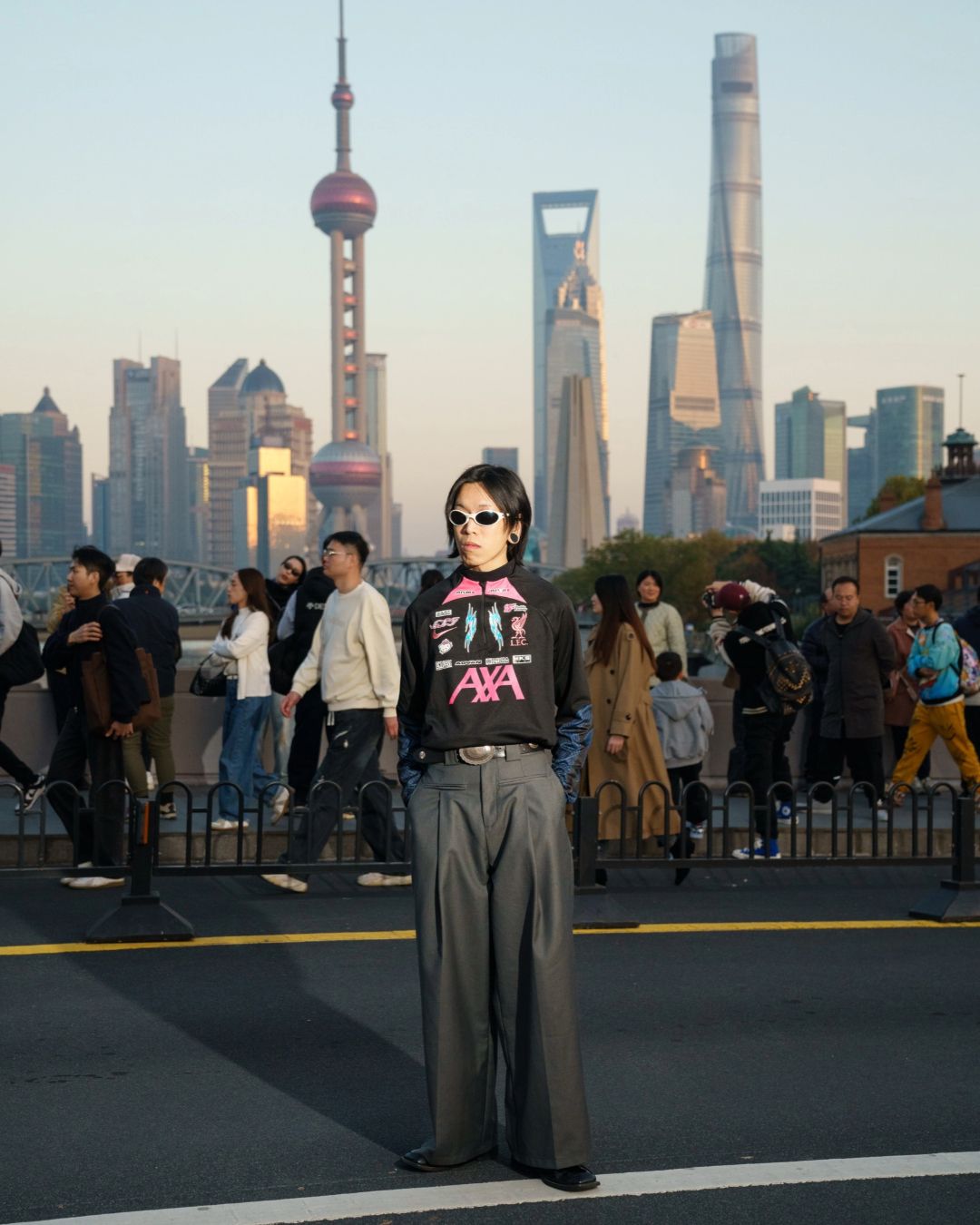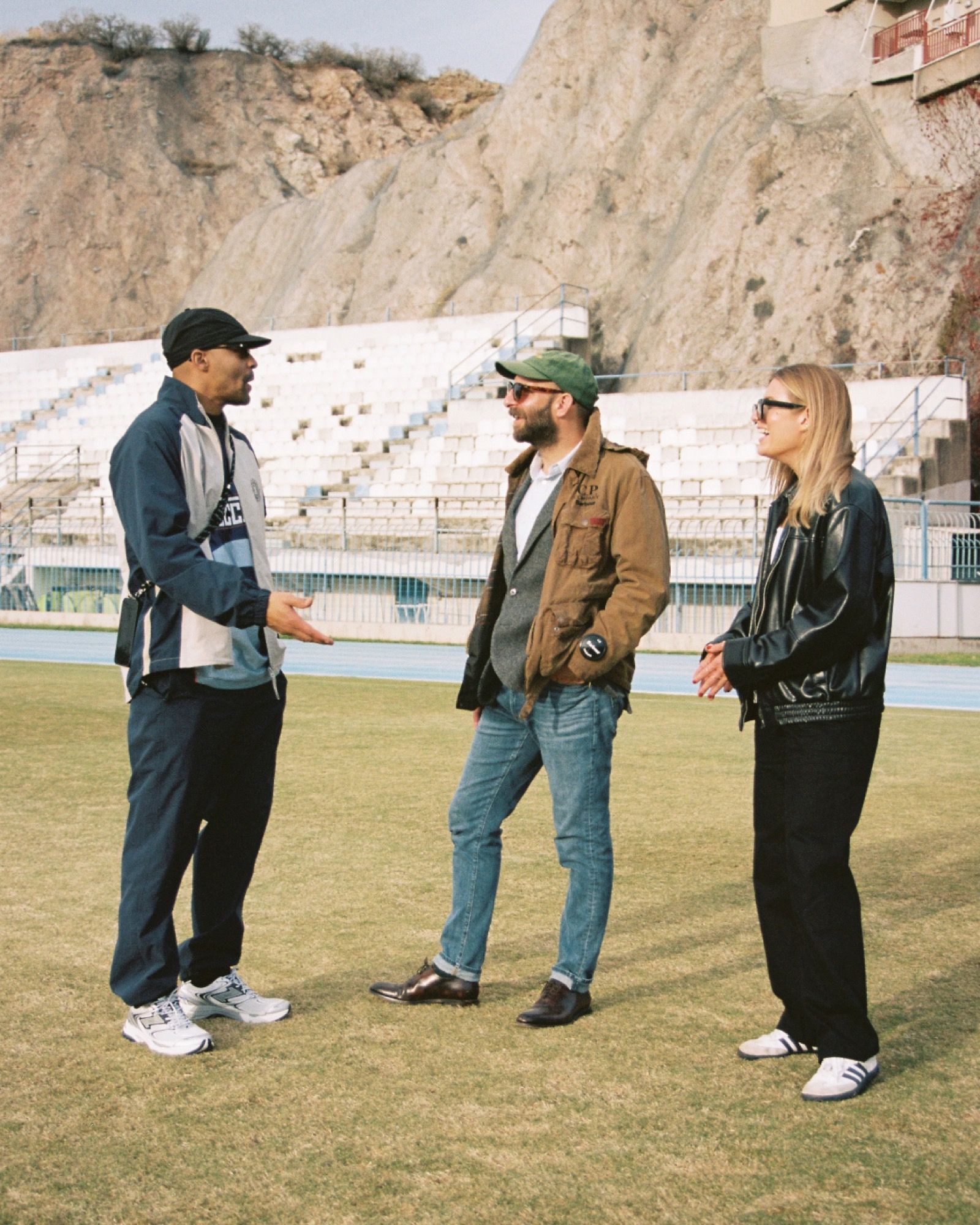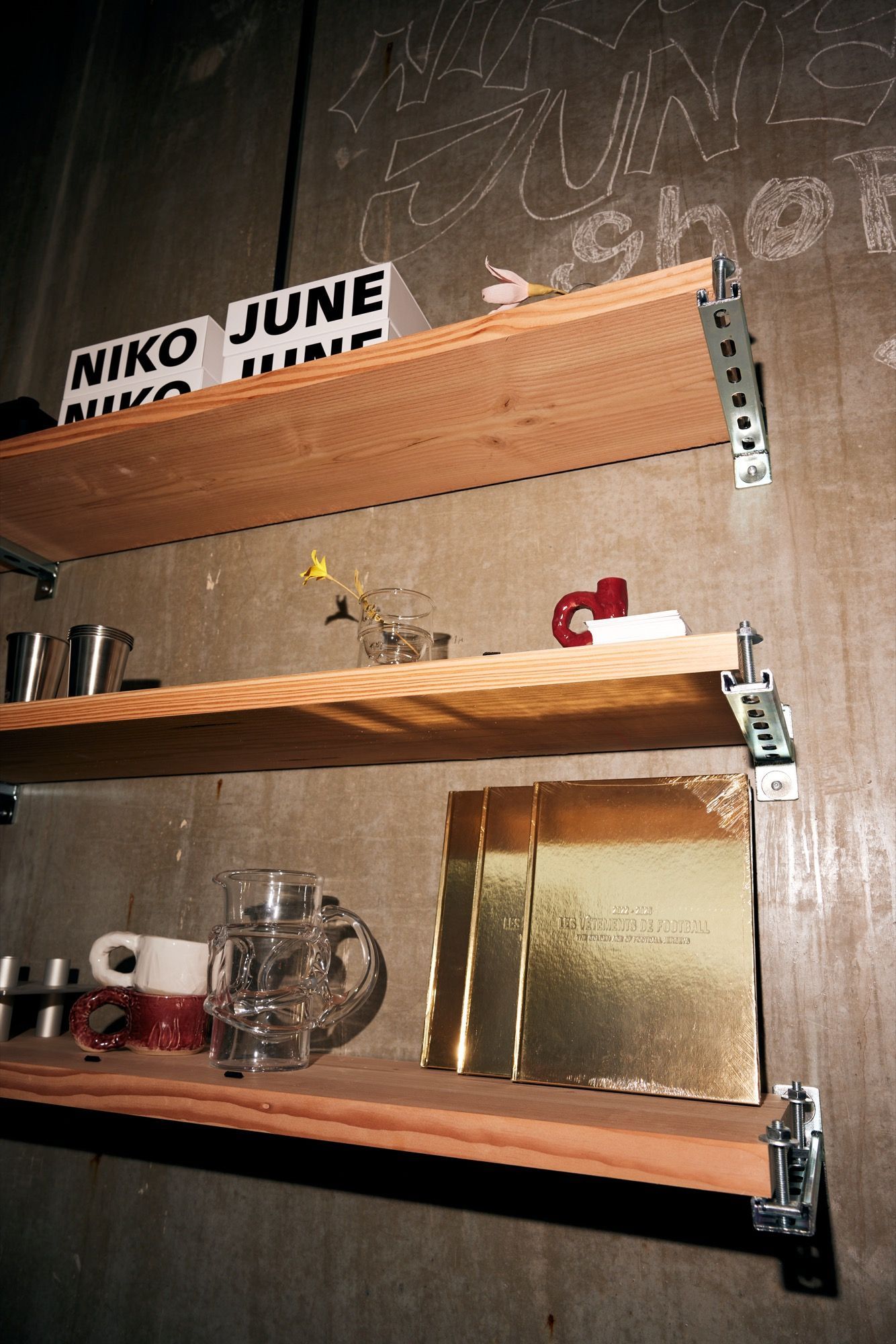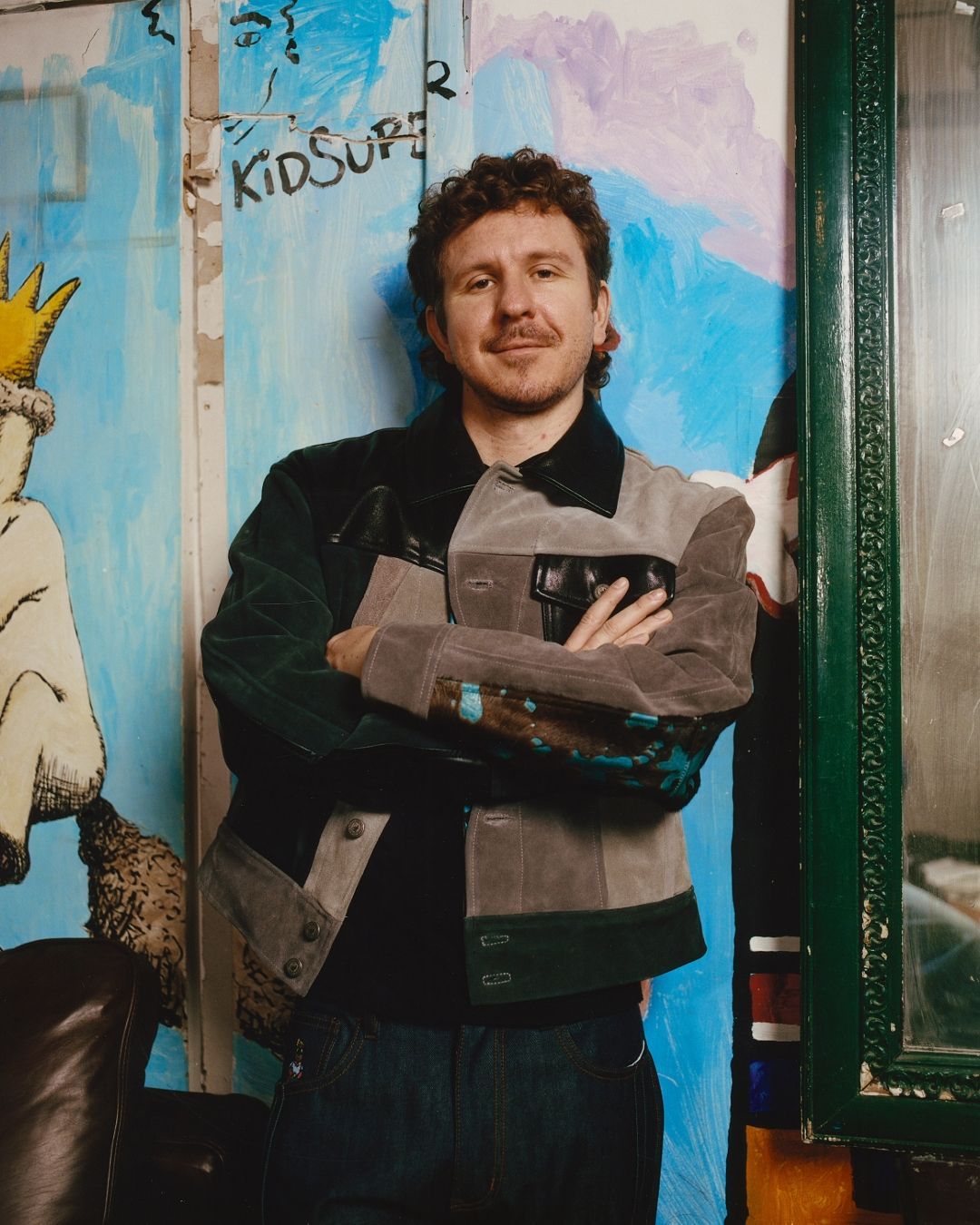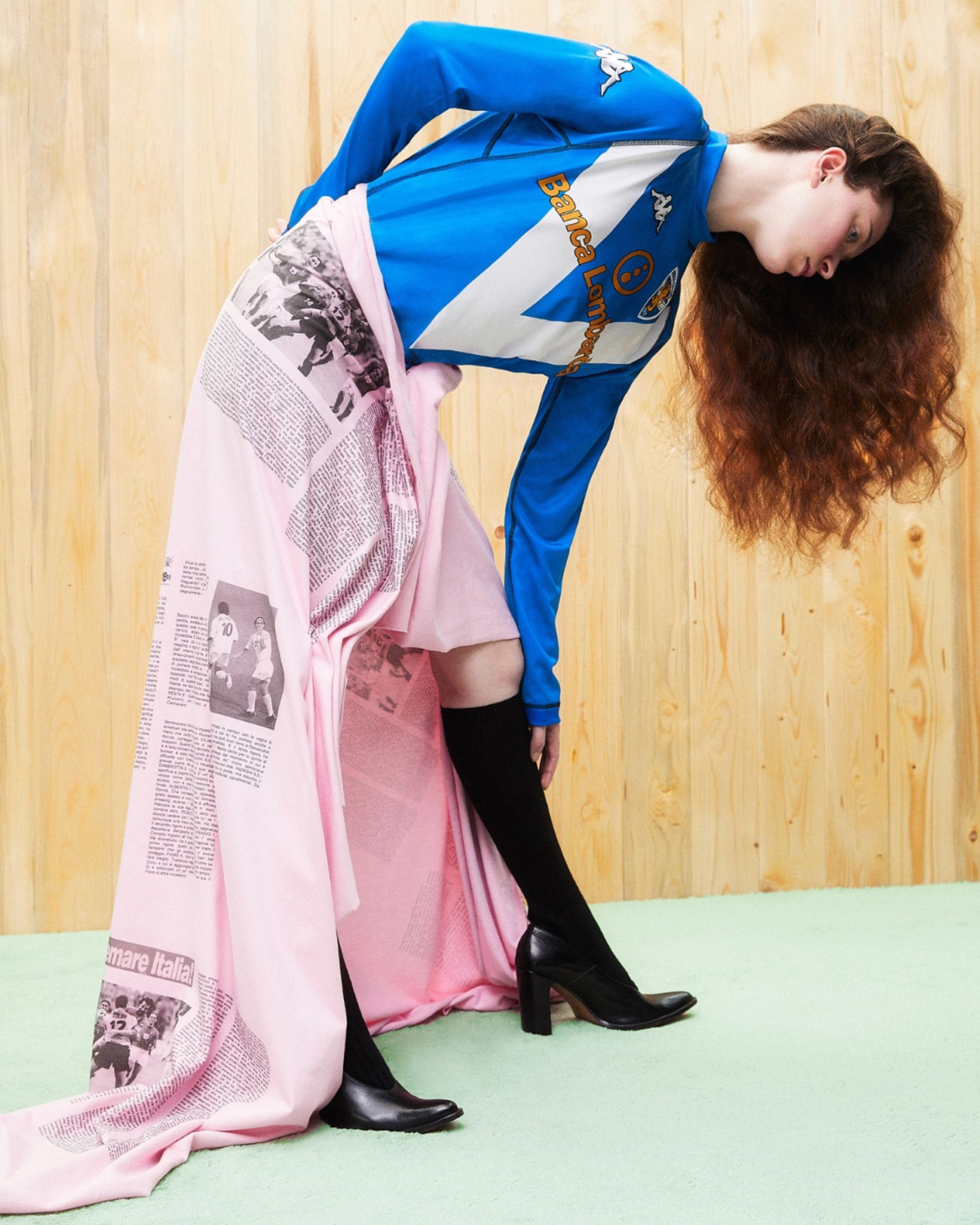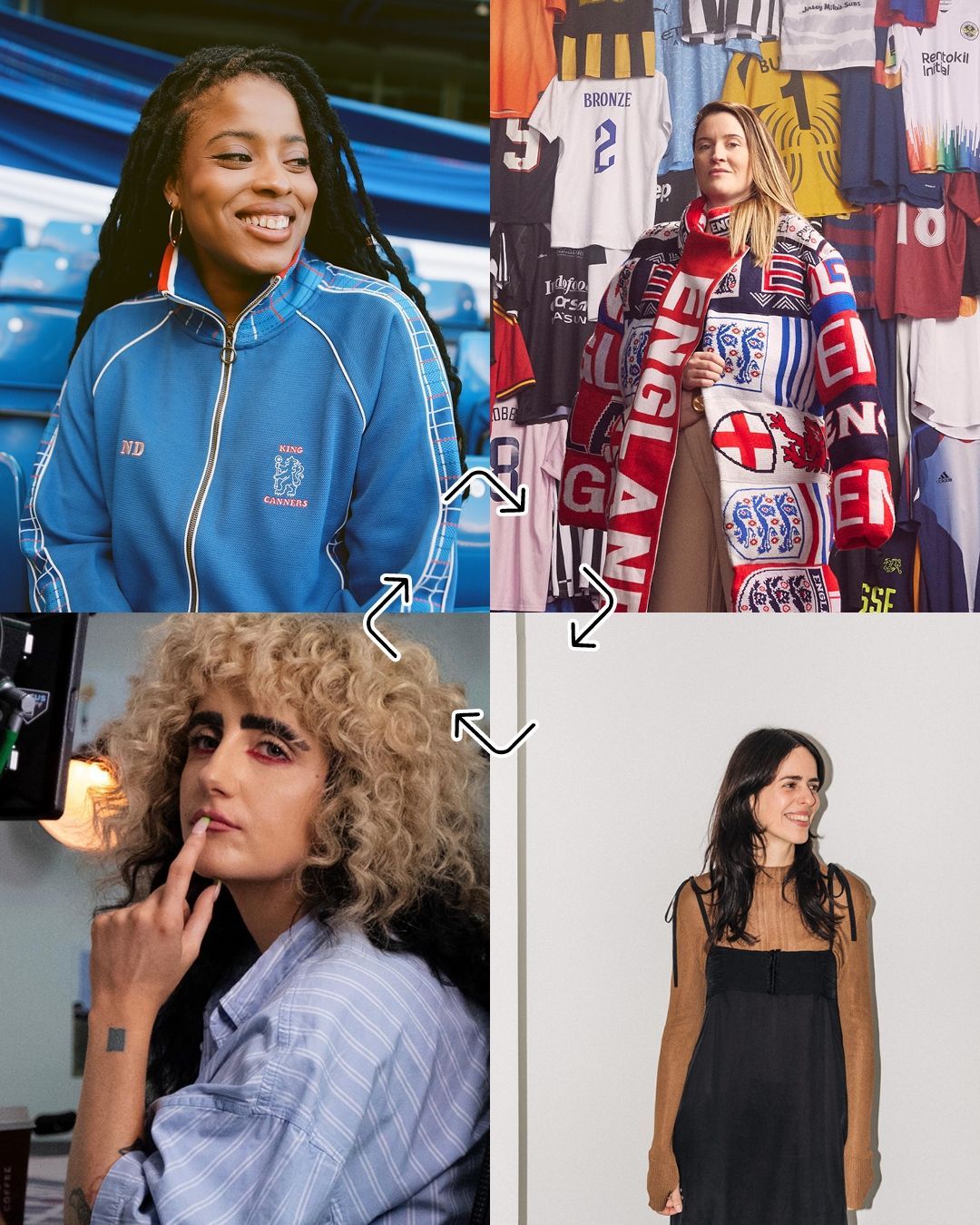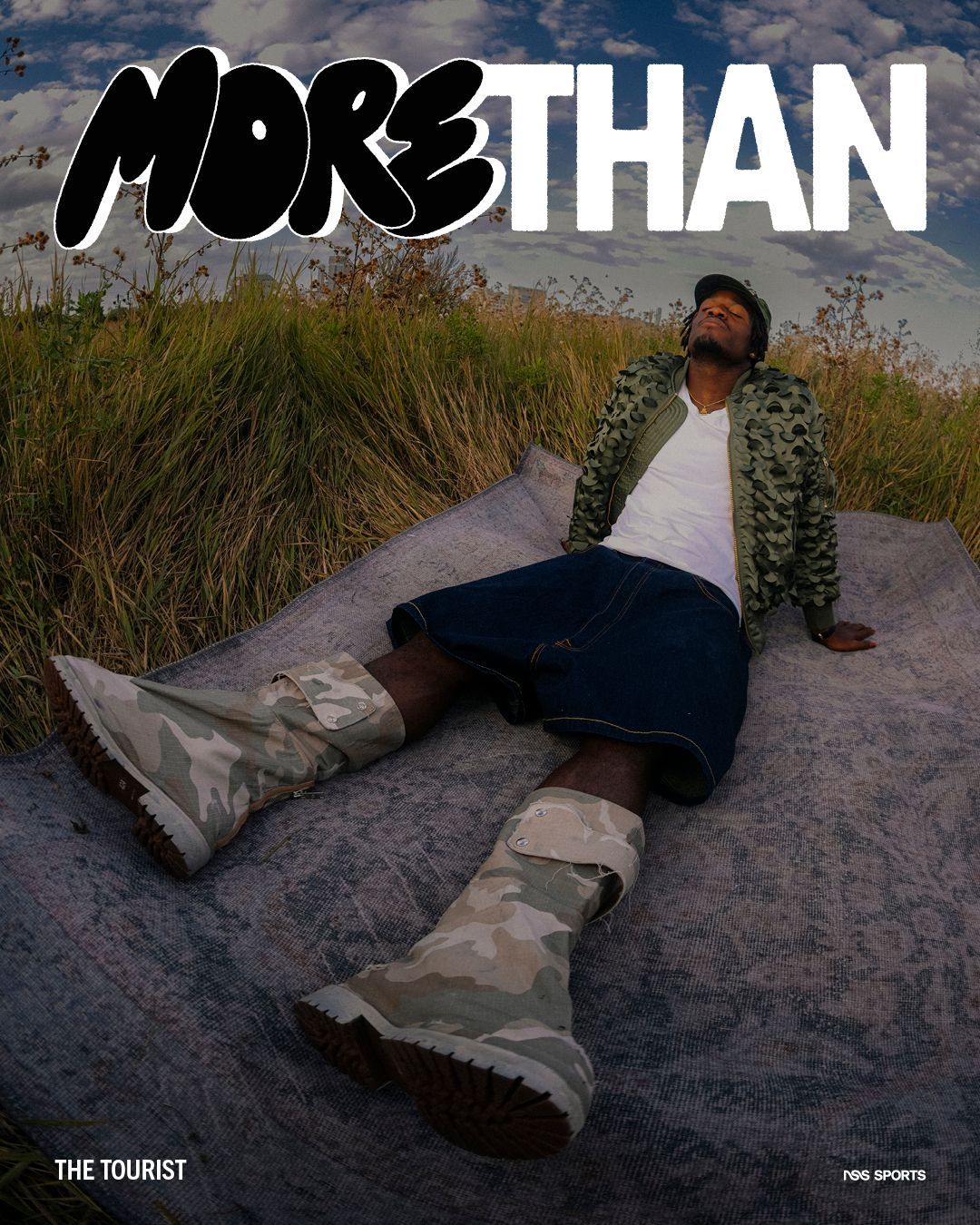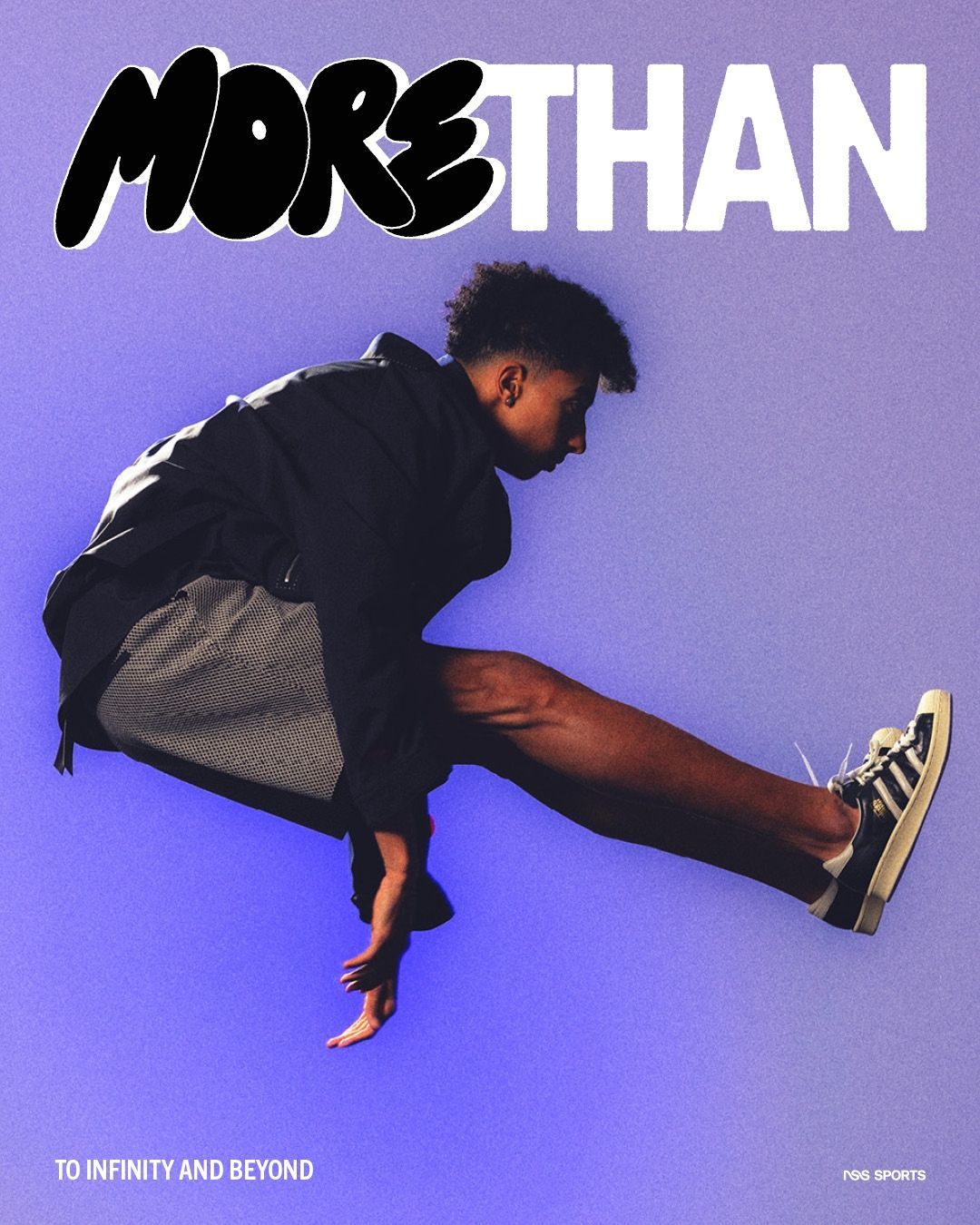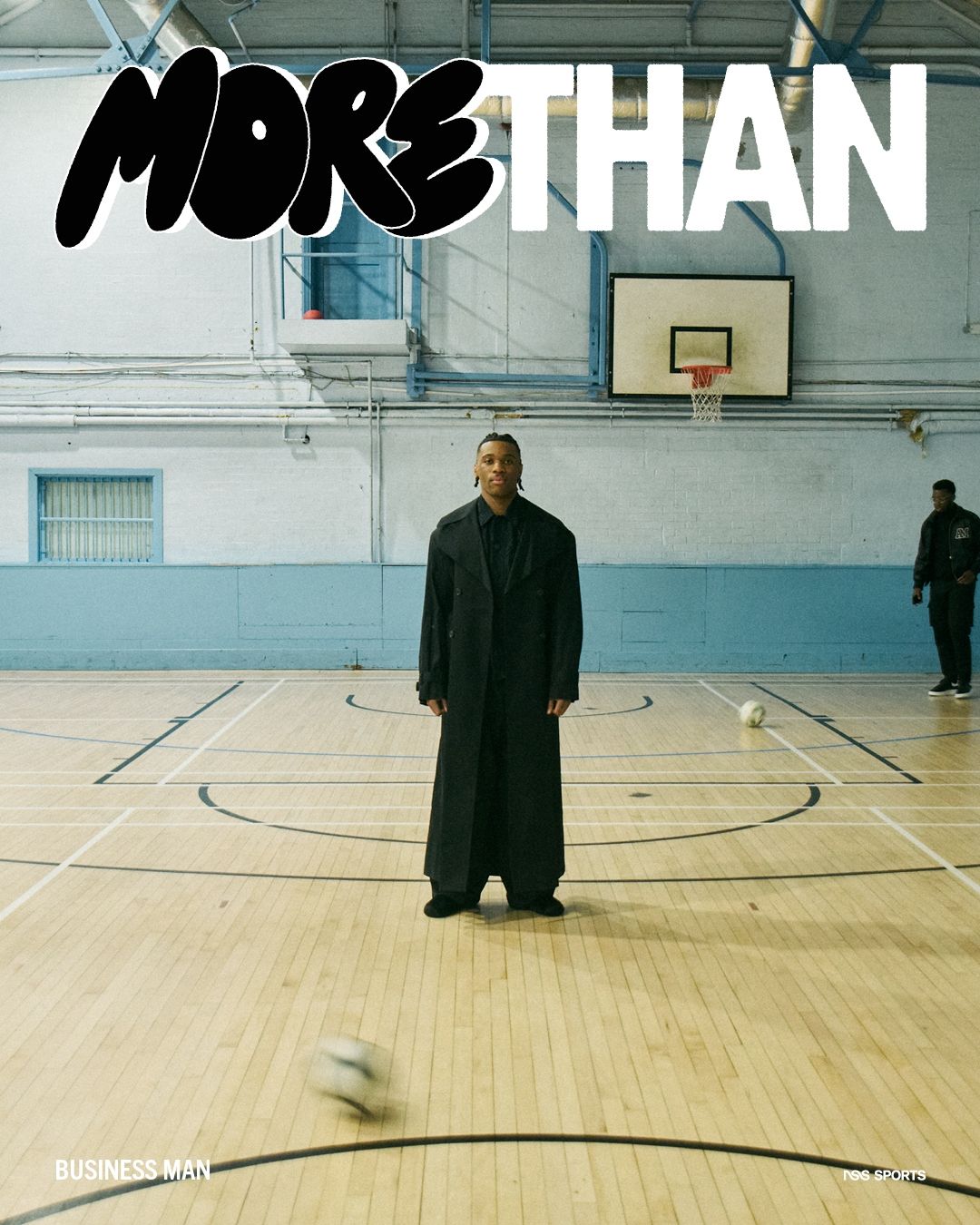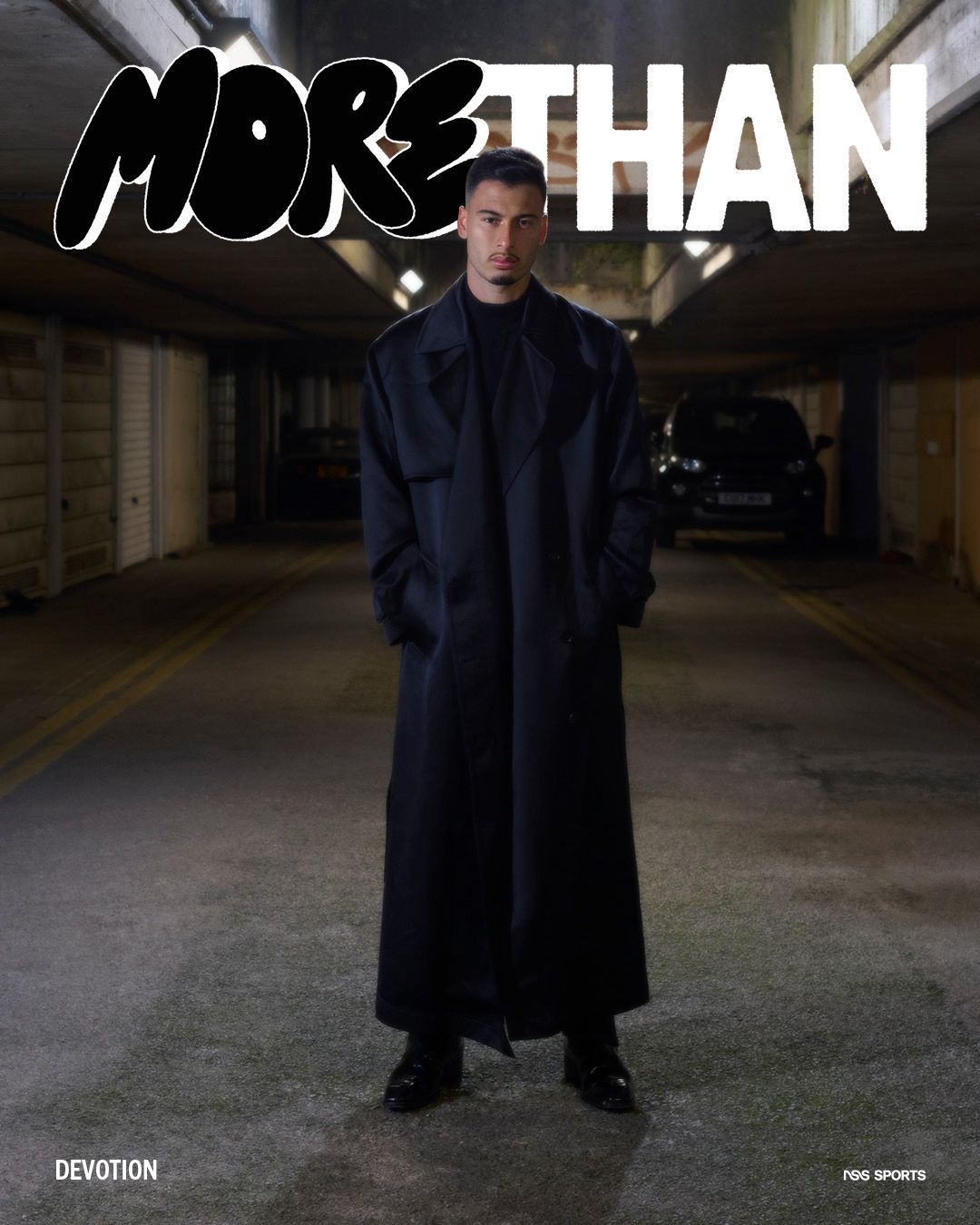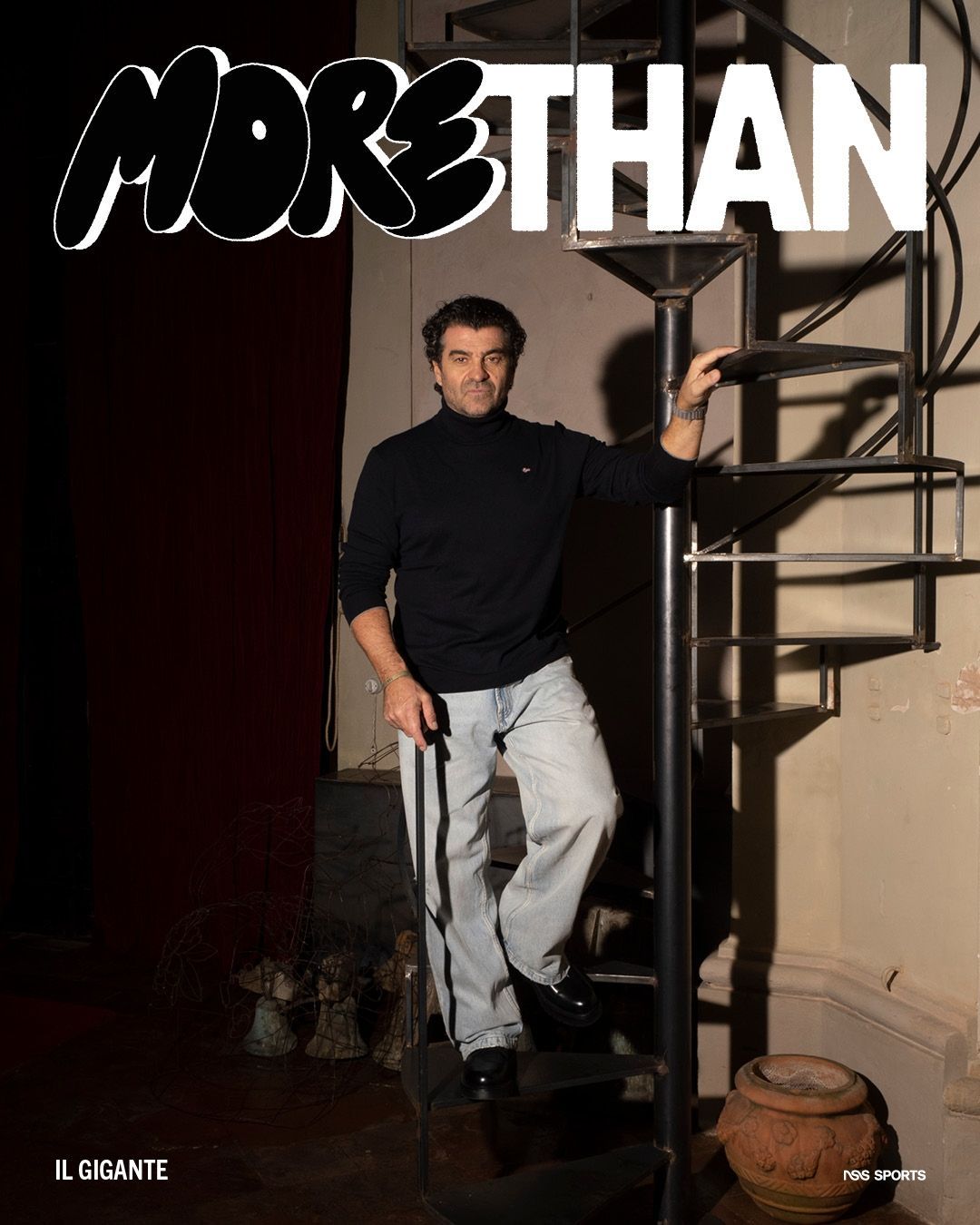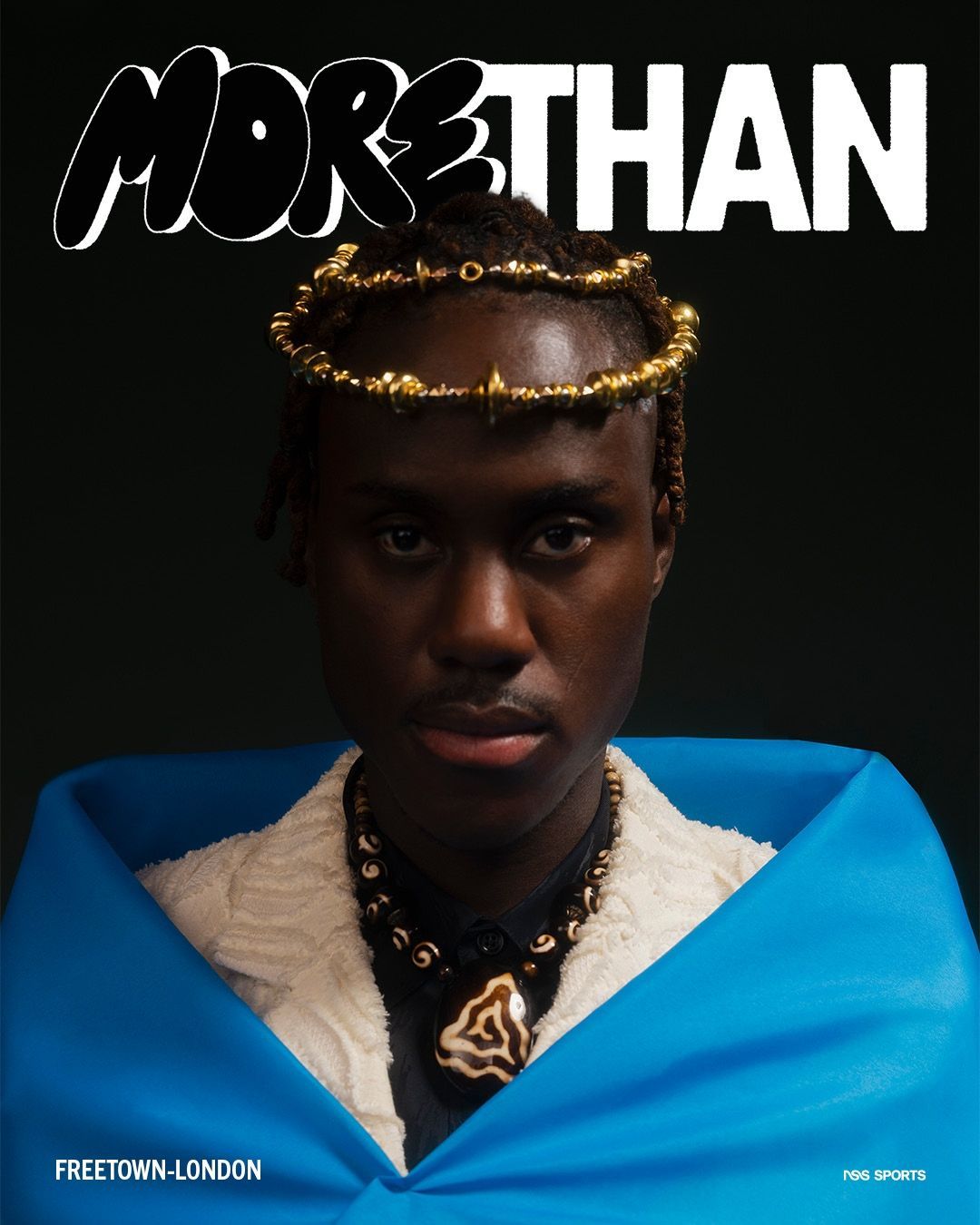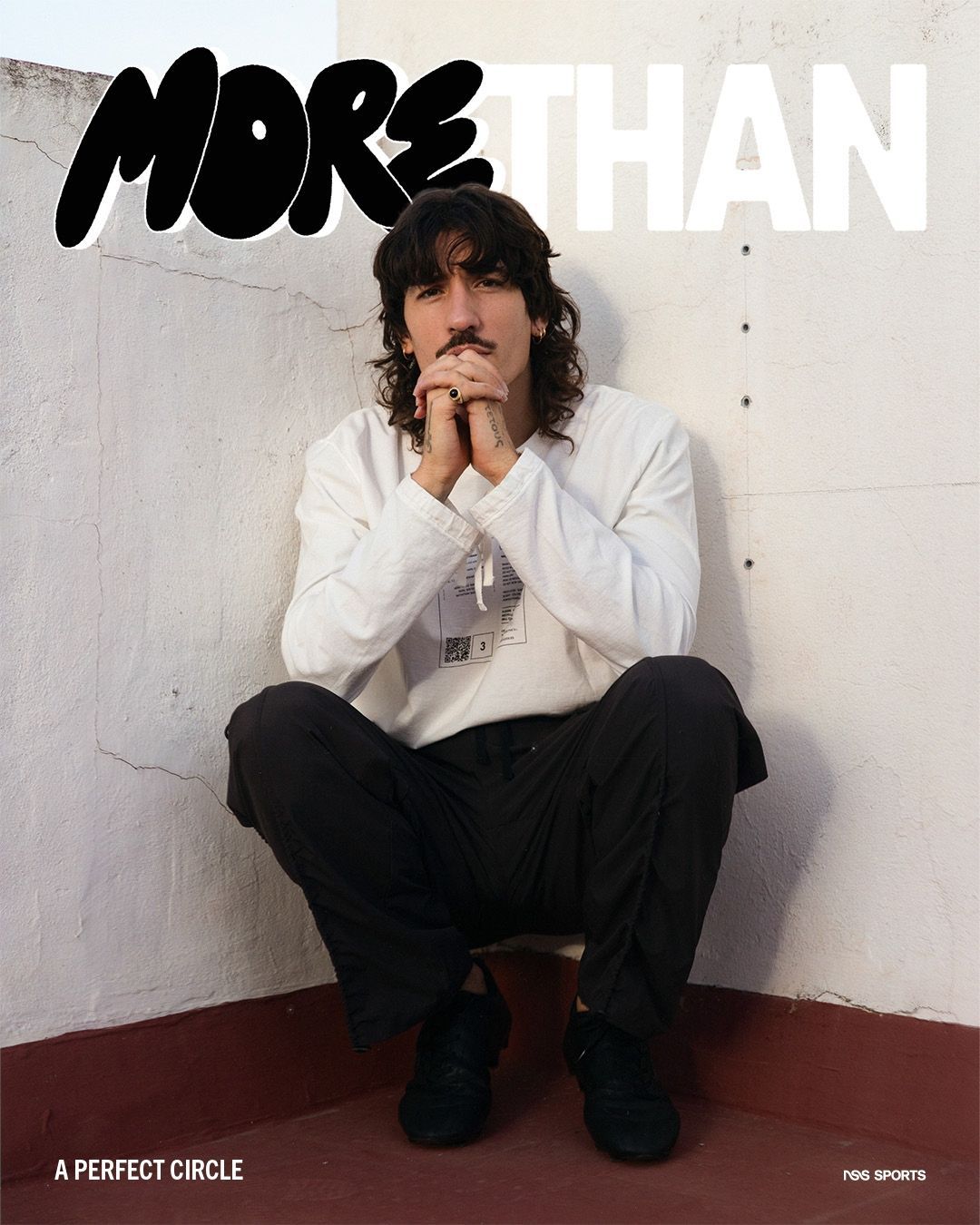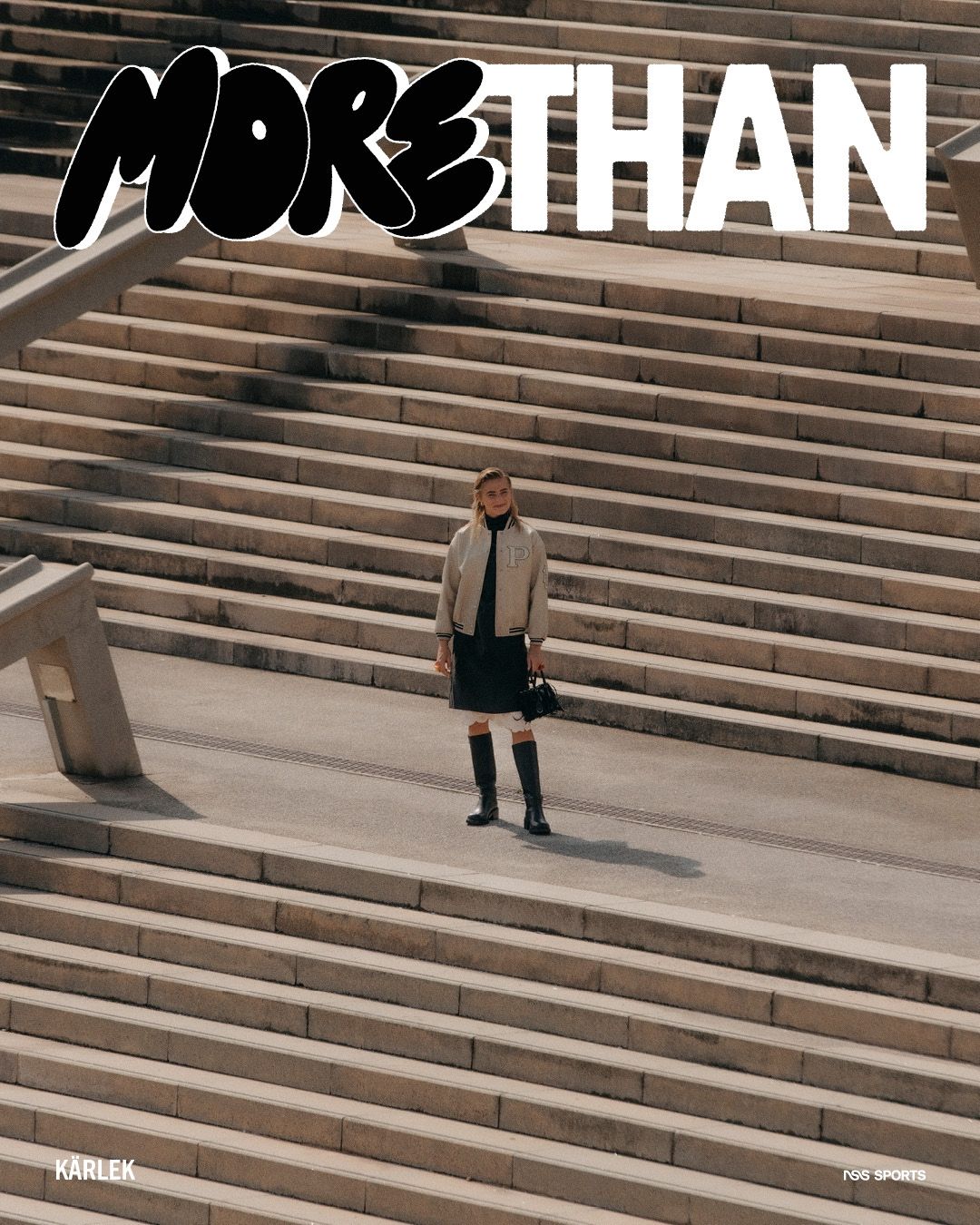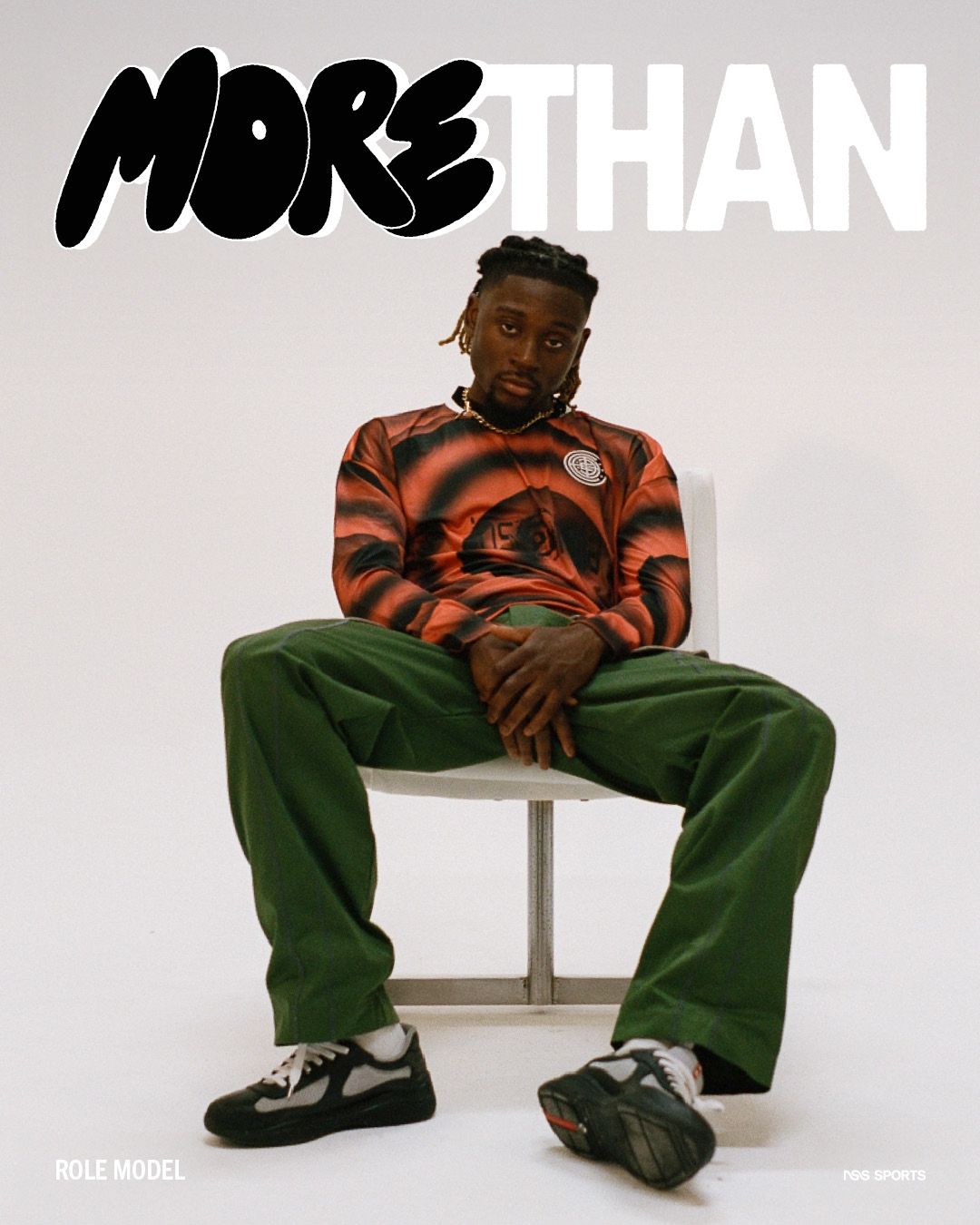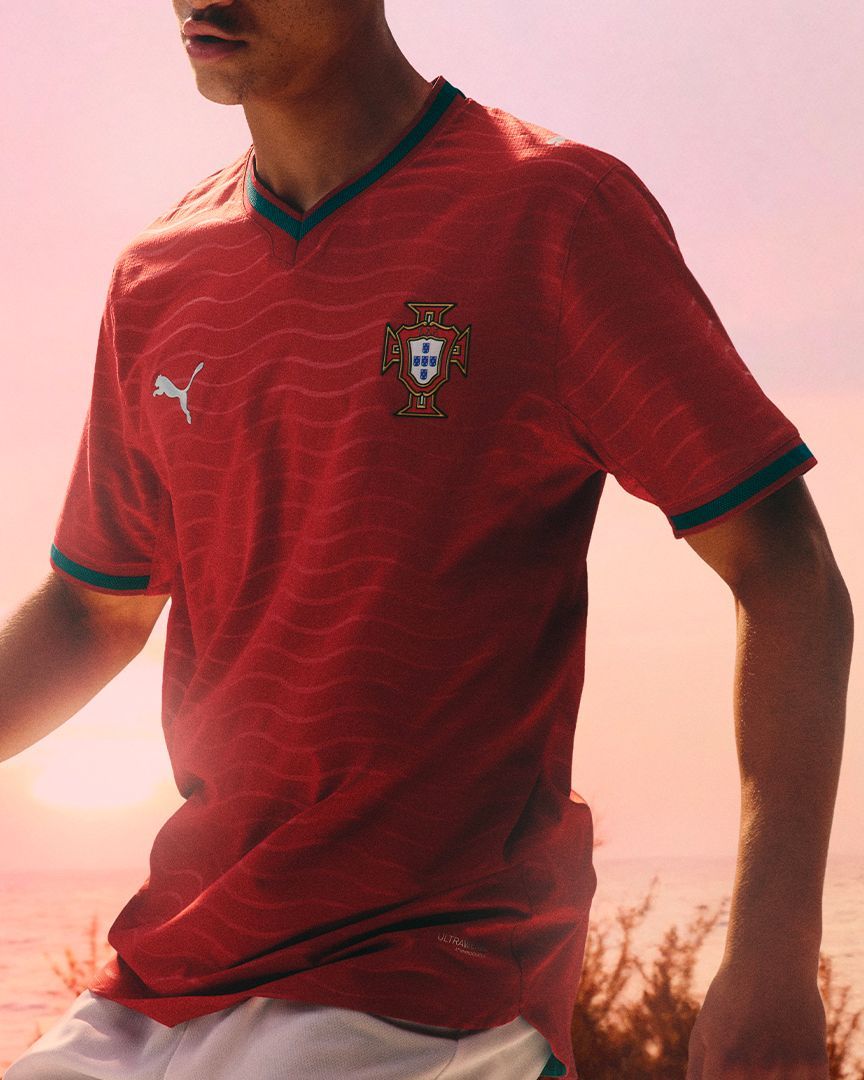
Exploring the world of MarsCup, with ABELA and Ahamed Soilhoudine What’s behind one of the craziest football tournaments in France?
Football cannot be reduced to just a sport. It is the first unwritten rule we learn from childhood, from when we take our first steps and kick our first ball through the streets of our city. Football is about gathering, unity; through football, we experience the places where we are born and live. In France, no one captures this concept better than the MarsCup, the football tournament played in Marseille that manages to unite all the city’s arrondissements: there are 12 in total, from Busserine to Cayolle, La Viste and Castellane. For the latest edition, held from May 31 to June 29, 2025, each neighborhood competed wearing a jersey made by PUMA in collaboration with ABELA, the brand born in Paris in 2021 from the creative minds of Femi and Ousmane Badirou. In creating a truly special editorial, we had the chance to interview the MarsCup team, led by Ahamed Soilhoudine, and the ABELA team.
AHAMED SOILHOUDINE - MARSCUP
What is the goal of the MarsCup?
The goal of the MarsCup is to bring neighborhoods together through football, because we are the capital of football in France. We create a shared space, a stage where everyone can come and represent their district, their style of football, or even their off-the-pitch talents—whether it’s in organizing, journalism, photography, or live match broadcasting. It’s more than a tournament; it’s a popular, inclusive, and socially committed event.
What does "telling the story of Marseille" mean to you?
It means showing the cosmopolitan richness of this city and how people from different social classes and origins can live together. You can feel it during OM matches at the Vélodrome—we all become one person. Marseille is a city open to the Mediterranean, a land of welcome, a city full of nuance, but also full of stories, achievements, and pride. Telling Marseille through football means shining a light on people who live in the shadows, those who rarely get exposure. We deliver messages of unity, resilience, hope, and style—in our own way.
What are your roots, and what has been your connection with football since childhood?
Football gave me everything. I grew up in the northern districts of Marseille, where the ball is a language of its own. I started playing at age 6, and today football still drives me, but in a different way—I’m now a football agent. This sport is like a school of life: it taught me discipline, creativity, resilience, and also the value of teamwork. Even today, it helps me push myself daily and share that same energy through the MarsCup.
What is the biggest challenge each year in bringing together 12 different neighborhoods, each with its own identity?
It’s a real mission. Every neighborhood has its own pace, its own social realities, and the competition brings out a true melting pot. You have to find balance, ensure fairness, and sometimes manage tensions. Logistically, it’s a puzzle—permits, security, scheduling. But when you see everyone united around the event, it makes all the effort worthwhile.
How did the collaboration with Abela come about? Was it planned from the start to add an artistic dimension to a socially driven tournament?
Honestly, it was a great encounter. We had already worked with Puma in past editions, and this year we wanted to expand our vision and bring something new. It was PUMA—through Charly the brand manager, Gloire, and Nailat from Utile the creative studio —who connected us with Abela, a brand led by Ousmane and Femi. They brought in a strong creative vision that matched perfectly with our desire to do things differently. The aesthetics and visuals aren’t just about looking good—they’re a way to deliver powerful messages. We come from the same social background, and we’re both rising in our fields. What started as a partnership has now grown into a real brotherhood.
What are your future plans for the competition?
We want to go even further. To make Marseille shine on an international level, maybe even expand to other cities. We’ll continue to include women (MarsCup Féminine) and younger categories (U14), which we’ve already been organizing for the past two years. But above all, we want to maintain our freedom. The MarsCup is a voice from the streets—as long as we have stories to tell and people to highlight, it will continue to exist.
ABELA TEAM
Where does each PUMA jersey for the Marscup come from? Was there a concept behind each one that inspired the final design?
Each jersey is rooted in our deep love for football, Fémi played for 10 years and Ousmane for 9. We wanted to explore two distinct directions: one leaning more into fashion, and the other into football heritage. One of the designs features the "truncated icosahedron," the geometric shape behind the classic football. The other embraces a tartan pattern, a nod to a style we're both really into right now. Together, they reflect both our sporting background and current creative influences
Busserine, Cayolle, Castellane, etc. Each jersey seems to tell a unique story, but which one is the most unique?
La Viste, without a doubt not only were they last season’s champions, but when we asked which player had that special technical flair, the kind that gives you chills when he plays, the answer was unanimous: Bilel Maedine. That’s why he features in our video campaign a natural choice to embody the spirit of the game.
Was it planned for Abela to become significant, or did it just naturally find its place in the football world?
Honestly, we’ve always been huge football fans. We’ve designed several jerseys over the years—originally just for ourselves, out of pure passion. So being involved in the football world has always felt natural. It’s part of who we are and deeply embedded in Abela’s identity.We’re also inspired by certain players who effortlessly combine elegance, personality, and football icons like Balotelli, Beckham, Henry, and today’s new generation: Koundé, Leão, Lamine Yamal. These are players who see football as more than a game, it’s a cultural stage, a way to express individuality and style. That’s exactly the spirit we want to channel through Abela.
How did the collaboration with PUMA come about? Did it feel natural from the start?
The collaboration came together quite naturally through a series of connections. We first met Irfane during a football tournament he was actually playing against us. He now works at Dépendant, the production company that handled the photo and video shoot. He eventually mentioned our name to PUMA. We already had a good relationship with the brand manager Charly, and Nailat from the creative studio Utile who lead creative PR and original project for PUMA. There had always been mutual appreciation between both sides; it was just about finding the right moment. When the football project came up, it all aligned perfectly.


